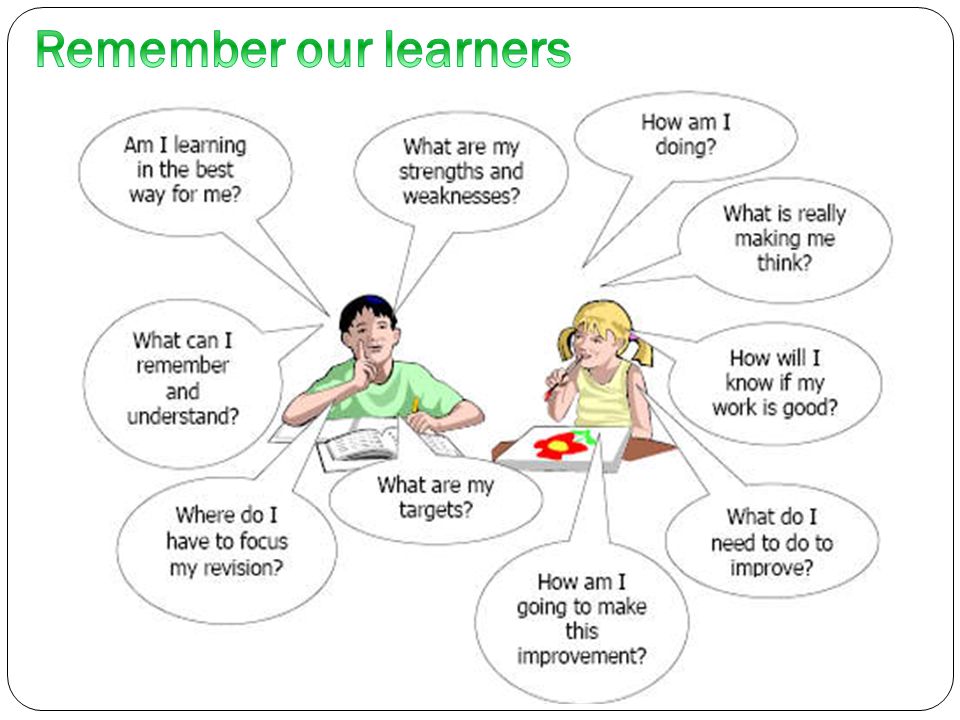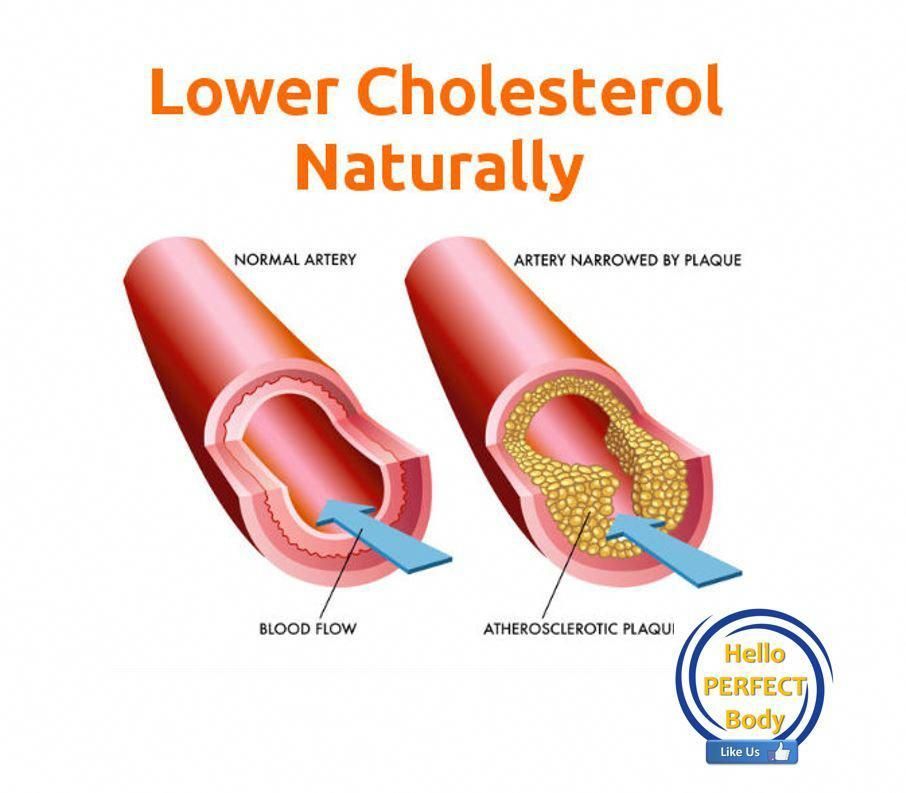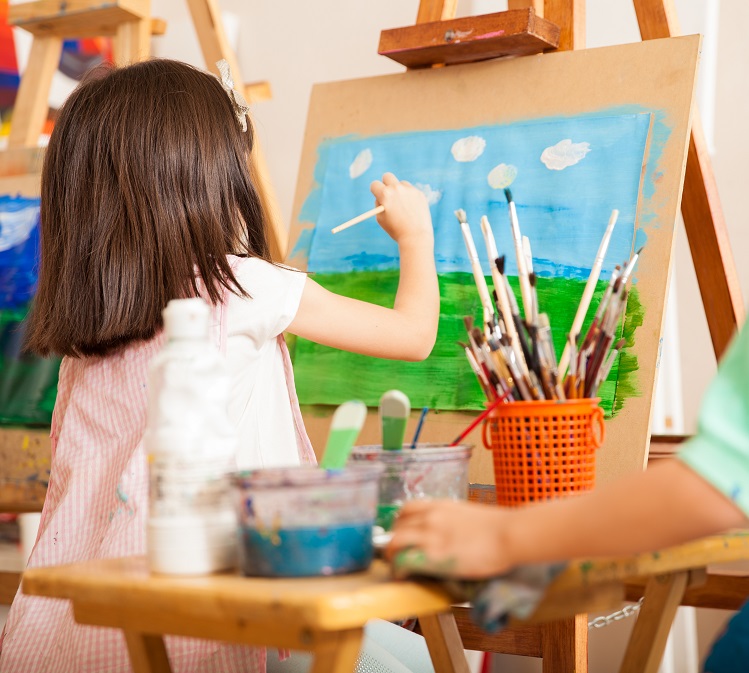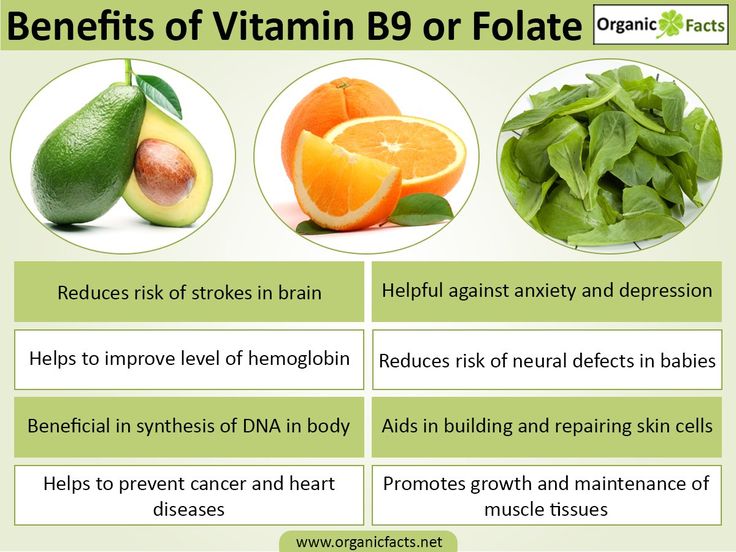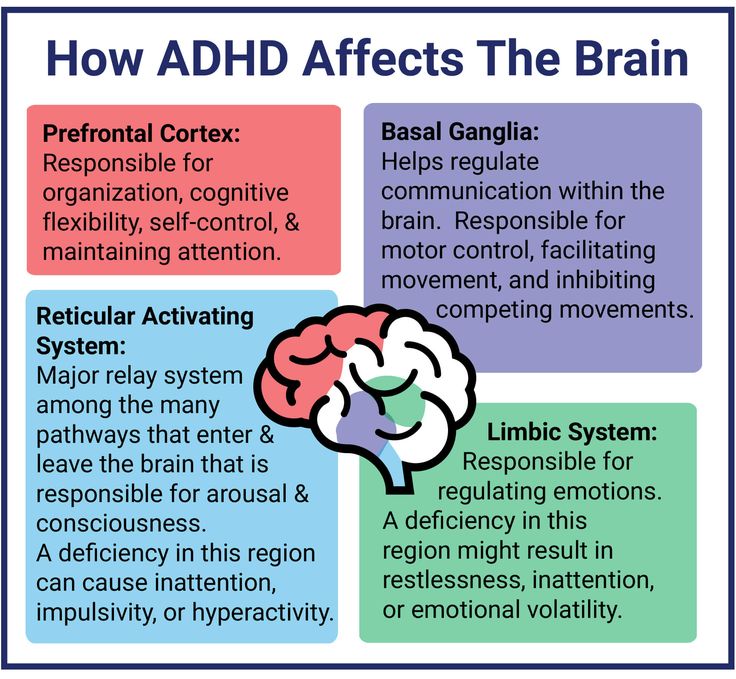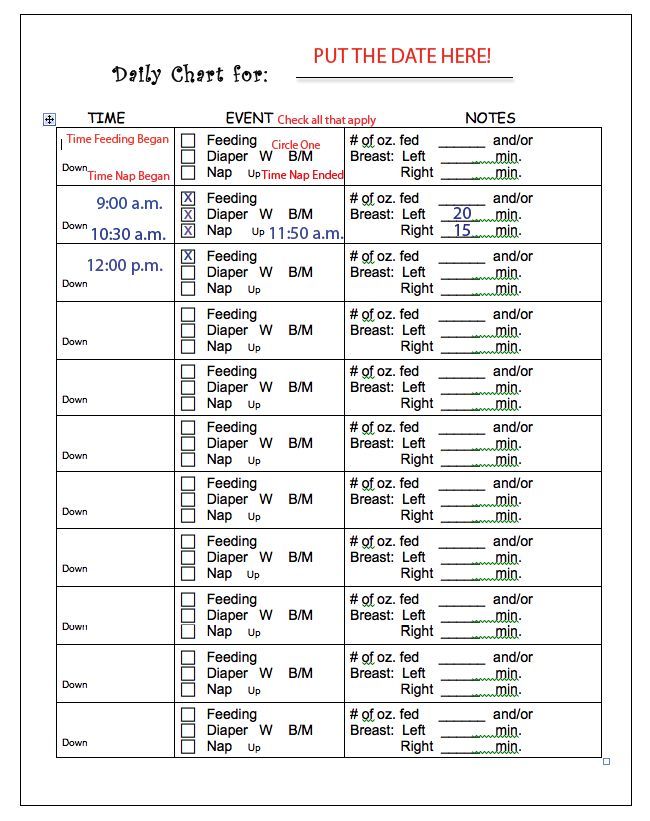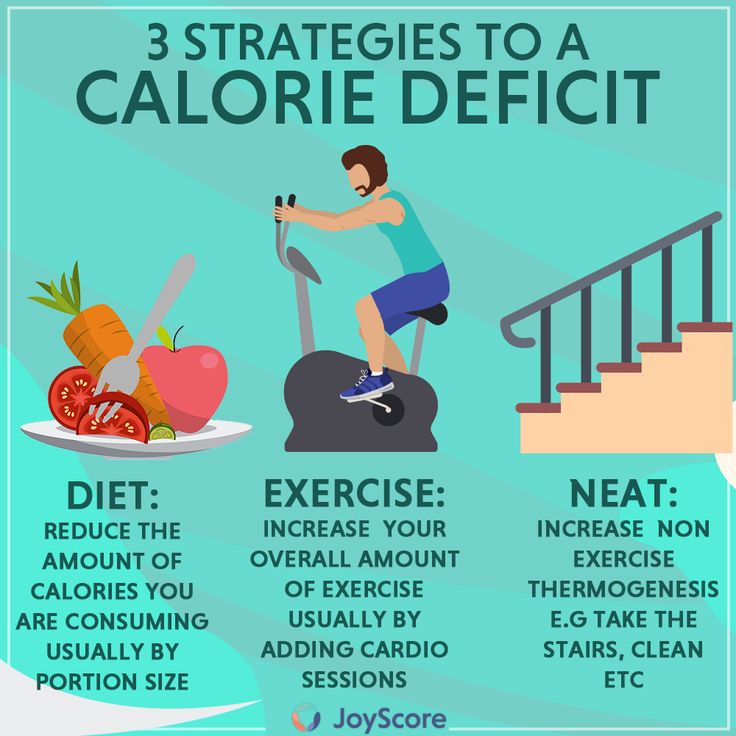What can babies drink
Drinks and cups for babies and young children
Solid foods and milk for your baby
You should continue to breastfeed or give your baby first infant formula until they're at least 1 year old.
Breastfeeding will continue to benefit you and your baby for as long as you carry on.
As your baby eats more solid foods, the amount of milk they want will decrease.
Once your baby is eating plenty of solids several times a day, they may even drop a milk feed altogether.
Beakers and cups for babies
Introduce your baby to drinking from a cup or beaker from around 6 months and offer sips of water with meals.
Using an open cup or a free-flow cup without a valve will help your baby learn to sip and is better for your baby’s teeth.
It might be messy at first but be patient, your baby will gradually learn how to drink from an open cup.
Once your baby is 1 year old, feeding from a bottle should be discouraged.
When using a bottle or trainer cup, do not put anything in it other than breast milk, formula milk or water, and do not add anything else (including sugar, cereals, baby rice or chocolate powder) to the feed.
Comfort sucking from a bottle on sweetened drinks causes tooth decay in young children. Drinks flow very slowly through a teat, which means the sugary substance will be in contact with their teeth for longer.
Find out how to look after your baby's teeth.
Choosing a baby beaker or cup
It's important to choose the right kind of beaker or cup.
A cup or beaker with a free-flow lid (without a non-spill valve) is better than a bottle or beaker with a teat as it will help your baby learn how to sip rather than suck.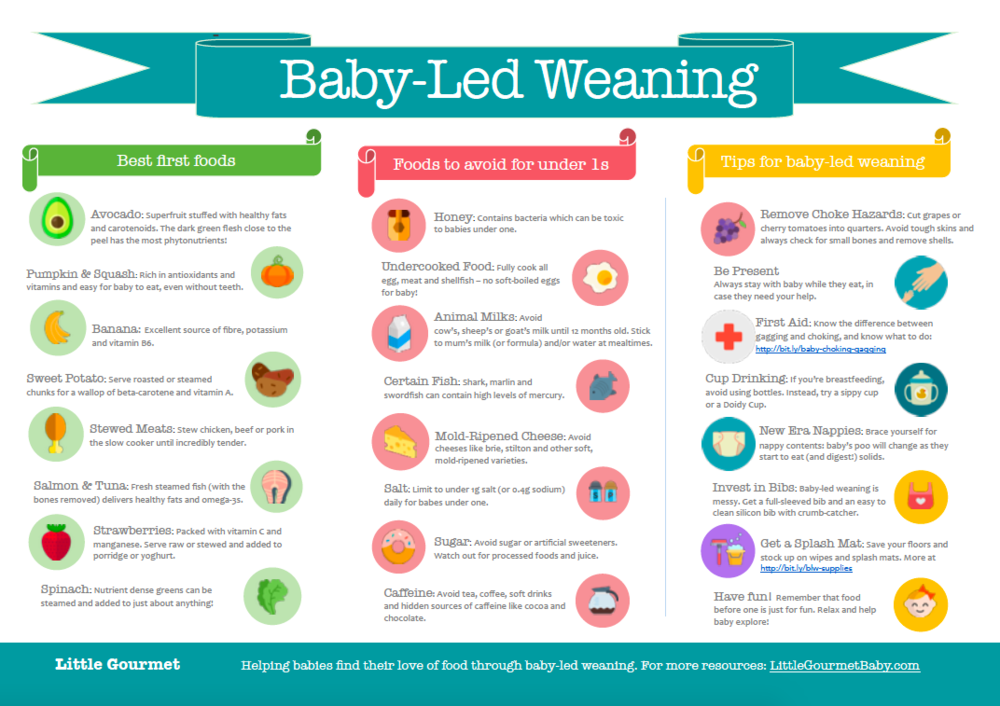
As soon as your child is ready, encourage them to move from a lidded beaker to drinking from an open cup.
Drinks for babies and young children
Not all drinks are suitable for babies and young children. Here's what to give to your child and when.
Breast milk
Breast milk is the only food or drink babies need in the first 6 months of their life.
It should continue to be given alongside an increasingly varied diet once you introduce solid foods from around 6 months.
The World Health Organization recommends that all babies are breastfed for up to 2 years or longer.
Breastfeeding up to 12 months is associated with a lower risk of tooth decay.
Formula milk
First infant formula is usually based on cows' milk and is the only suitable alternative to breast milk in the first 12 months of your baby's life.
Follow-on formula is not suitable for babies under 6 months, and you do not need to introduce it after 6 months.
First infant formula, follow-on formula or growing-up milks are not needed once your baby is 12 months old.
Cows' milk can be introduced as a main drink from 12 months.
Read more about the types of infant formula.
Non-cows' milk formula
Goats' milk formula is available and produced to the same nutritional standards as cows' milk formula.
Goats' milk formula is not suitable for babies with cows' milk protein allergy. It's no less likely to cause allergies in babies than cows' milk formula as the proteins they contain are very similar.
You should only give your baby soya formula if a health professional advises you to.
'Goodnight' milk
"Goodnight" milk is not suitable for babies under 6 months old.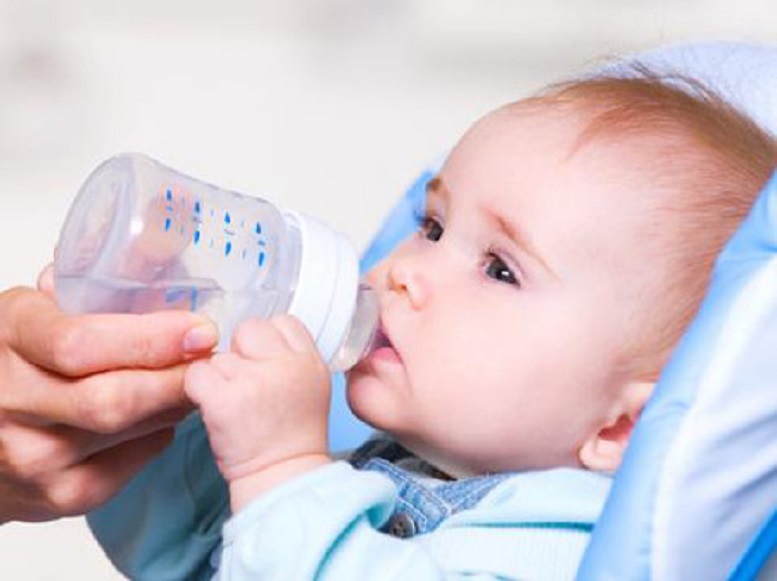 This type of formula is not needed, and there's no evidence that babies settle better or sleep longer after having it.
This type of formula is not needed, and there's no evidence that babies settle better or sleep longer after having it.
Water
Once your baby has started to eat solid foods (from around 6 months) you can offer them sips of water from a cup or beaker with meals. Drinking water for babies over 6 months does not need to be boiled first.
Fully breastfed babies do not need any water until they've started eating solid foods. During hot weather they may want to breastfeed more than usual.
Formula fed babies under 6 months of age may need small amounts of cooled boiled water during hot weather as well as their usual milk feeds.
When preparing infant formula for babies, boil fresh tap water and let it cool for no more than 30 minutes, so it remains at a temperature of at least 70C.
Bottled water is not recommended for making up feeds, as it's not sterile and may contain too much salt (sodium) or sulphate.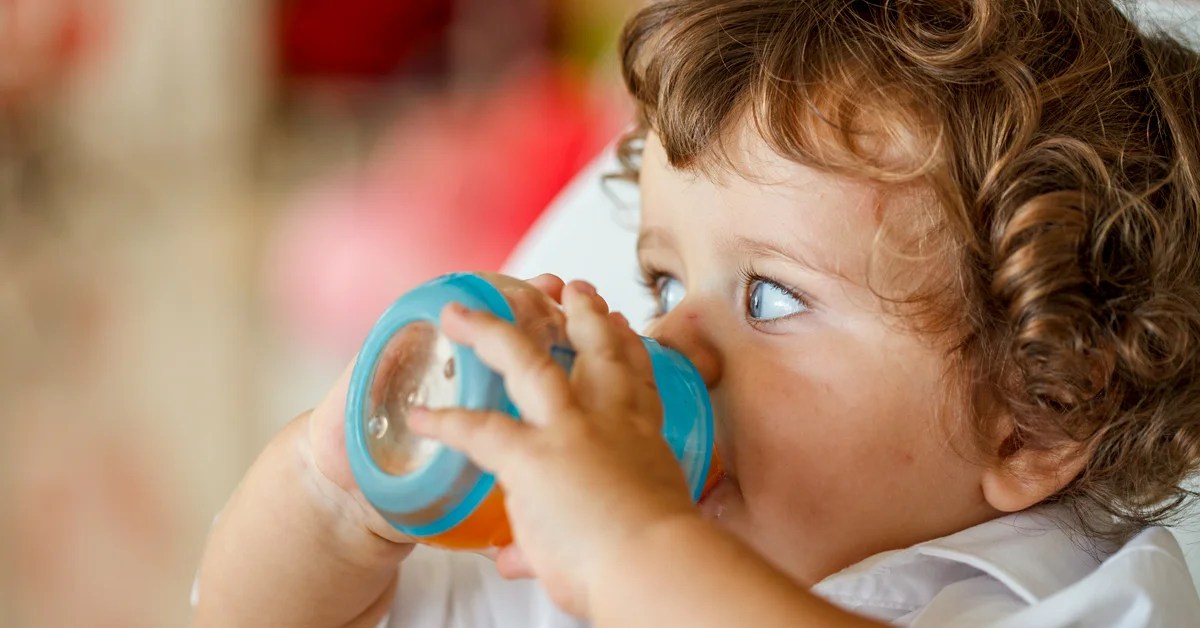
Read more about how to make up baby formula.
Cows' milk
Cows' milk can be used in cooking or mixed with food from around 6 months but should not be given as a drink to babies until they're 12 months old. This is because cows' milk does not contain enough iron to meet your baby's needs.
Whole milk should be given to children until they're 2 years old because they need the extra energy and vitamins it contains.
Semi-skimmed milk can be introduced once your child is 2 years old, as long as they're a good eater and they have a varied diet.
Skimmed and 1% milk are not suitable for children under 5 years old because they do not contain enough calories.
Lower-fat milks can be used in cooking from 1 year old.
Unpasteurised milk
Young children should not be given unpasteurised milk because of the higher risk of food poisoning.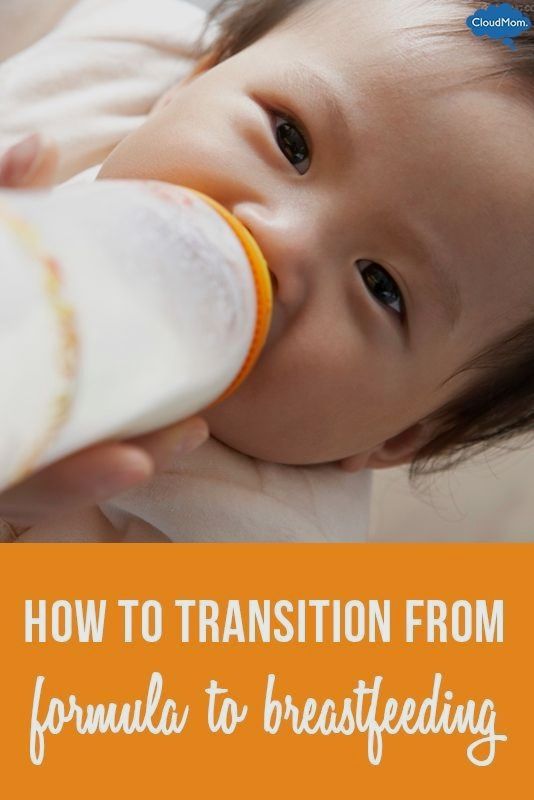
Goats' and sheep's milk
Goats' and sheep's milk are not suitable as drinks for babies under 1 year old as, like cows' milk, they do not contain enough iron and other nutrients babies this age need. As long as they're pasteurised, they can be used once your baby is 1 year old.
Soya drinks and other milk alternatives
You can give your child unsweetened calcium-fortified milk alternatives, such as soya, oat or almond drinks, from the age of 1 as part of a healthy balanced diet.
Babies and young children under 5 years old should not be given rice drinks, because of the levels of arsenic in these products.
If your child has an allergy or intolerance to milk, talk to your health visitor or GP. They can advise you about suitable milk alternatives.
Rice drinks
Children under 5 years old should not have rice drinks as a substitute for breast milk, infant formula or cows' milk as they may contain too much arsenic.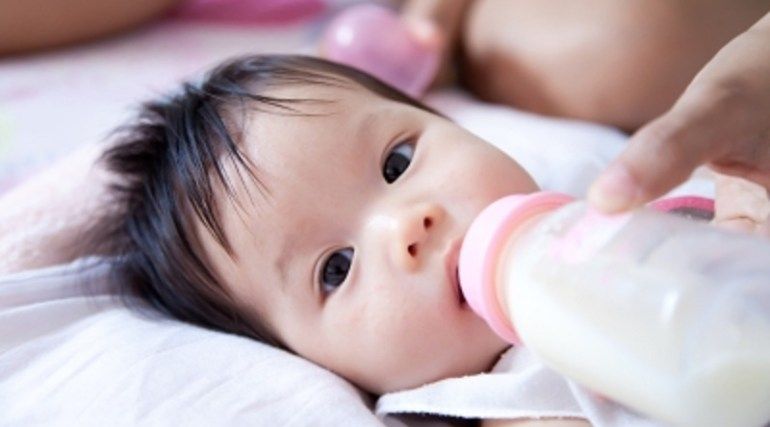
Arsenic is found naturally in the environment and can find its way into our food and water.
Rice tends to take up more arsenic than other grains, but this does not mean that your baby cannot eat rice.
In the UK, there are maximum levels of inorganic arsenic allowed in rice and rice products, and even stricter levels are set for foods intended for young children.
Do not worry if your child has already had rice drinks. There's no immediate risk to them, but it's best to switch to a different kind of milk.
Fruit juice and smoothies
Fruit juices, such as orange juice, are a good source of vitamin C. However, they also contain natural sugars and acids, which can cause tooth decay.
Babies under 12 months do not need fruit juice or smoothies. If you choose to give these to your baby, dilute the juices and smoothies (one part juice to 10 parts water) and limit them to mealtimes.
Giving fruit juice and smoothies at mealtimes (rather than between meals) helps reduce the risk of tooth decay.
From 5 years old, you can give your child undiluted fruit juice or smoothies. Stick to no more than 1 glass (about 150 ml) a day, served with meals.
Squashes, flavoured milk, 'fruit' or 'juice' drinks and fizzy drinks
Squashes, flavoured milk, "fruit" or "juice" drinks and fizzy drinks are not suitable for young babies. They contain sugar and can cause tooth decay, even when diluted.
For older babies and young children, these drinks can fill your child up so they're not hungry for healthier food. Instead, offer sips of water from a cup with meals.
Fizzy drinks are acidic and can damage tooth enamel so they should not be given to babies and young children.
Diet or reduced-sugar drinks are not recommended for babies and young children.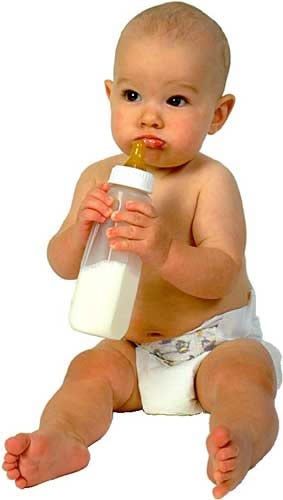
Even low-calorie drinks and no-added-sugar drinks can encourage children to develop a sweet tooth.
'Baby' and herbal drinks
"Baby" and herbal drinks usually contain sugars and are not recommended.
Hot drinks
Tea and coffee are not suitable for babies or young children. If sugar is added, this can lead to tooth decay.
Further information
- Your baby's first solid foods
- Baby and toddler meal ideas
- Looking after your baby's teeth
- Expressing and storing breast milk
- Bottle feeding advice
Get Start4Life pregnancy and baby emails
For information and advice you can trust, sign up for weekly Start4Life pregnancy and baby emails.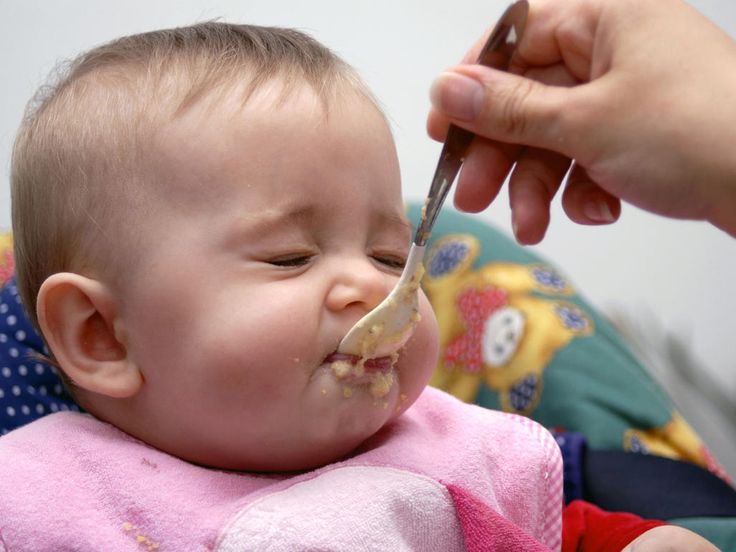
Video: Should my baby use a beaker or a cup?
In this video, a health visitor talks about whether your baby should use a beaker or a cup.
Media last reviewed: 28 September 2020
Media review due: 28 September 2023
When, What, and How to Introduce Solid Foods | Nutrition
For more information about how to know if your baby is ready to starting eating foods, what first foods to offer, and what to expect, watch these videos from 1,000 Days.
The Dietary Guidelines for Americans and the American Academy of Pediatrics recommend children be introduced to foods other than breast milk or infant formula when they are about 6 months old. Introducing foods before 4 months old is not recommended. Every child is different. How do you know if your child is ready for foods other than breast milk or infant formula? You can look for these signs that your child is developmentally ready.
Your child:
- Sits up alone or with support.
- Is able to control head and neck.
- Opens the mouth when food is offered.
- Swallows food rather than pushes it back out onto the chin.
- Brings objects to the mouth.
- Tries to grasp small objects, such as toys or food.
- Transfers food from the front to the back of the tongue to swallow.
What Foods Should I Introduce to My Child First?
The American Academy of Pediatrics says that for most children, you do not need to give foods in a certain order. Your child can begin eating solid foods at about 6 months old. By the time he or she is 7 or 8 months old, your child can eat a variety of foods from different food groups. These foods include infant cereals, meat or other proteins, fruits, vegetables, grains, yogurts and cheeses, and more.
If your child is eating infant cereals, it is important to offer a variety of fortifiedalert icon infant cereals such as oat, barley, and multi-grain instead of only rice cereal.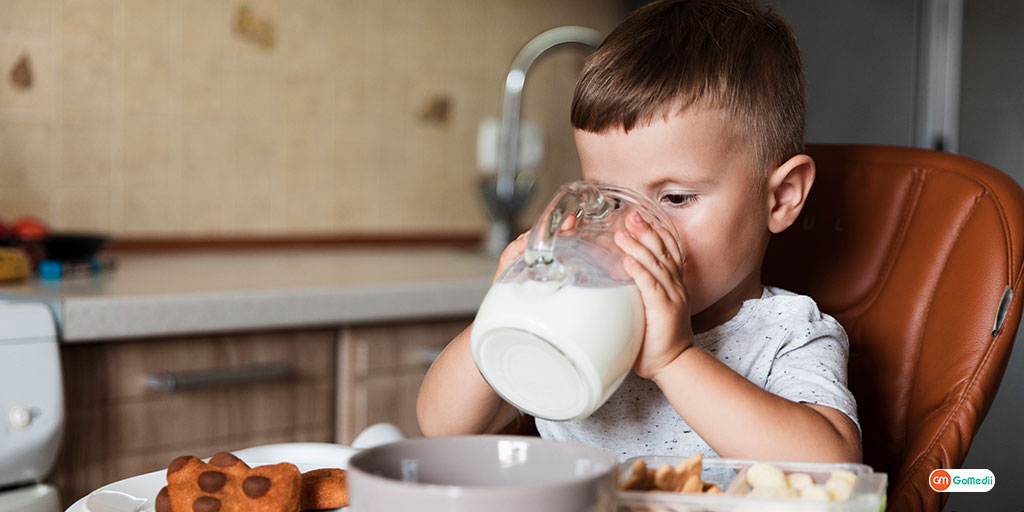 Only providing infant rice cereal is not recommended by the Food and Drug Administration because there is a risk for children to be exposed to arsenic. Visit the U.S. Food & Drug Administrationexternal icon to learn more.
Only providing infant rice cereal is not recommended by the Food and Drug Administration because there is a risk for children to be exposed to arsenic. Visit the U.S. Food & Drug Administrationexternal icon to learn more.
How Should I Introduce My Child to Foods?
Your child needs certain vitamins and minerals to grow healthy and strong.
Now that your child is starting to eat food, be sure to choose foods that give your child all the vitamins and minerals they need.
Click here to learn more about some of these vitamins & minerals.
Let your child try one single-ingredient food at a time at first. This helps you see if your child has any problems with that food, such as food allergies. Wait 3 to 5 days between each new food. Before you know it, your child will be on his or her way to eating and enjoying lots of new foods.
Introduce potentially allergenic foods when other foods are introduced.
Potentially allergenic foods include cow’s milk products, eggs, fish, shellfish, tree nuts, peanuts, wheat, soy, and sesame. Drinking cow’s milk or fortified soy beverages is not recommended until your child is older than 12 months, but other cow’s milk products, such as yogurt, can be introduced before 12 months. If your child has severe eczema and/or egg allergy, talk with your child’s doctor or nurse about when and how to safely introduce foods with peanuts.
Drinking cow’s milk or fortified soy beverages is not recommended until your child is older than 12 months, but other cow’s milk products, such as yogurt, can be introduced before 12 months. If your child has severe eczema and/or egg allergy, talk with your child’s doctor or nurse about when and how to safely introduce foods with peanuts.
How Should I Prepare Food for My Child to Eat?
At first, it’s easier for your child to eat foods that are mashed, pureed, or strained and very smooth in texture. It can take time for your child to adjust to new food textures. Your child might cough, gag, or spit up. As your baby’s oral skills develop, thicker and lumpier foods can be introduced.
Some foods are potential choking hazards, so it is important to feed your child foods that are the right texture for his or her development. To help prevent choking, prepare foods that can be easily dissolved with saliva and do not require chewing. Feed small portions and encourage your baby to eat slowly.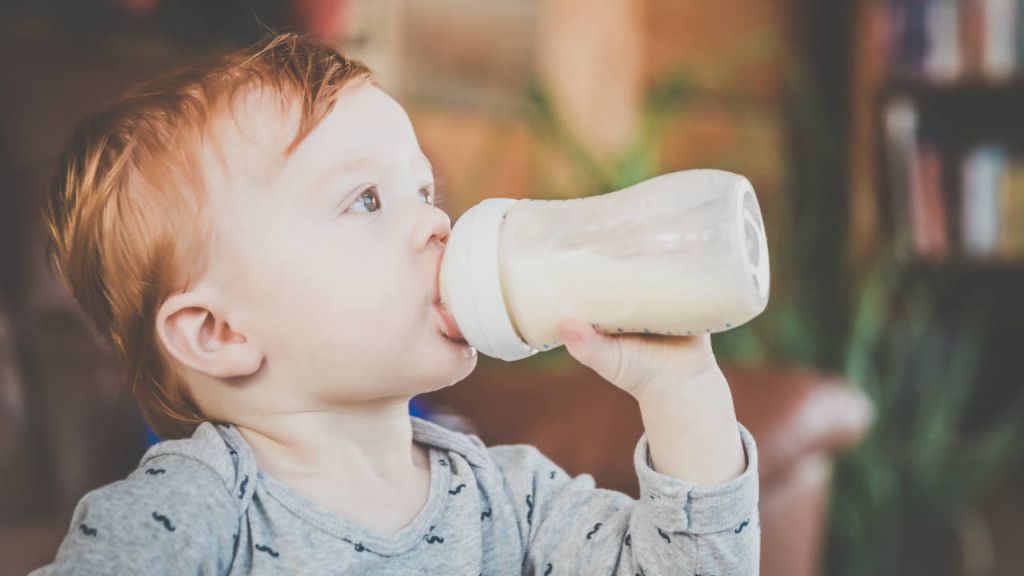 Always watch your child while he or she is eating.
Always watch your child while he or she is eating.
Here are some tips for preparing foods:
- Mix cereals and mashed cooked grains with breast milk, formula, or water to make it smooth and easy for your baby to swallow.
- Mash or puree vegetables, fruits and other foods until they are smooth.
- Hard fruits and vegetables, like apples and carrots, usually need to be cooked so they can be easily mashed or pureed.
- Cook food until it is soft enough to easily mash with a fork.
- Remove all fat, skin, and bones from poultry, meat, and fish, before cooking.
- Remove seeds and hard pits from fruit, and then cut the fruit into small pieces.
- Cut soft food into small pieces or thin slices.
- Cut cylindrical foods like hot dogs, sausage and string cheese into short thin strips instead of round pieces that could get stuck in the airway.
- Cut small spherical foods like grapes, cherries, berries and tomatoes into small pieces.
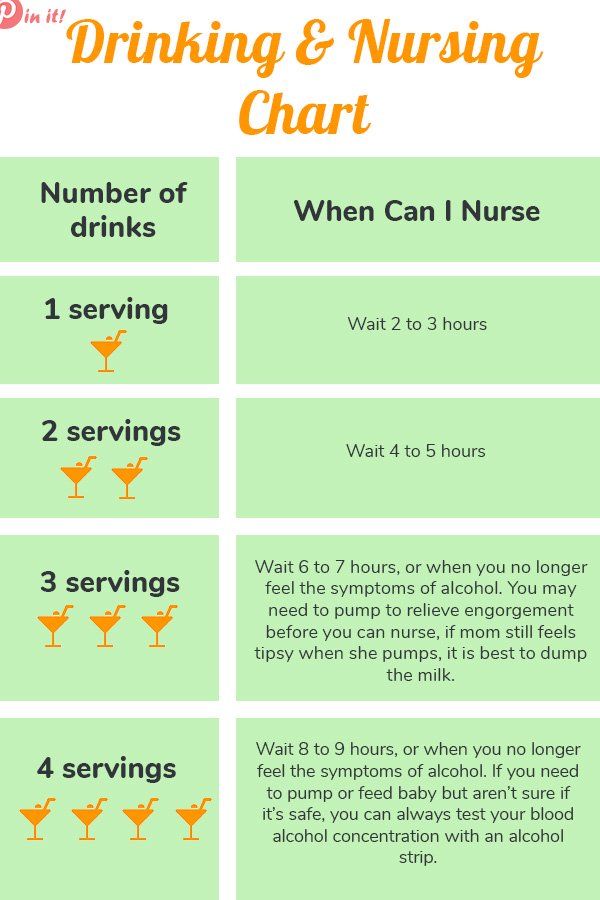
- Cook and finely grind or mash whole-grain kernels of wheat, barley, rice, and other grains.
Learn more about potential choking hazards and how to prevent your child from choking.
Top of Page
What can a child drink at different ages: we select safe and healthy drinks
Water is a key component of our diet. It is no secret that without food a person will live for several weeks, while without water he is given only a few days. If we talk about children, then they need to regularly receive liquid during the day, since the body of a baby contains more moisture than an adult. In the latter, the proportion of water is 65%, gradually it reaches 55%, and the child's body contains 70% of the liquid. Therefore, let's figure out what a child can drink, and at what age? nine0003
At what age can children drink water
Water is critical for the normal functioning of the organs and systems of our body. Its insufficient consumption immediately negatively affects the processes of digestion, assimilation of food, hematopoiesis, that is, the formation of new blood cells.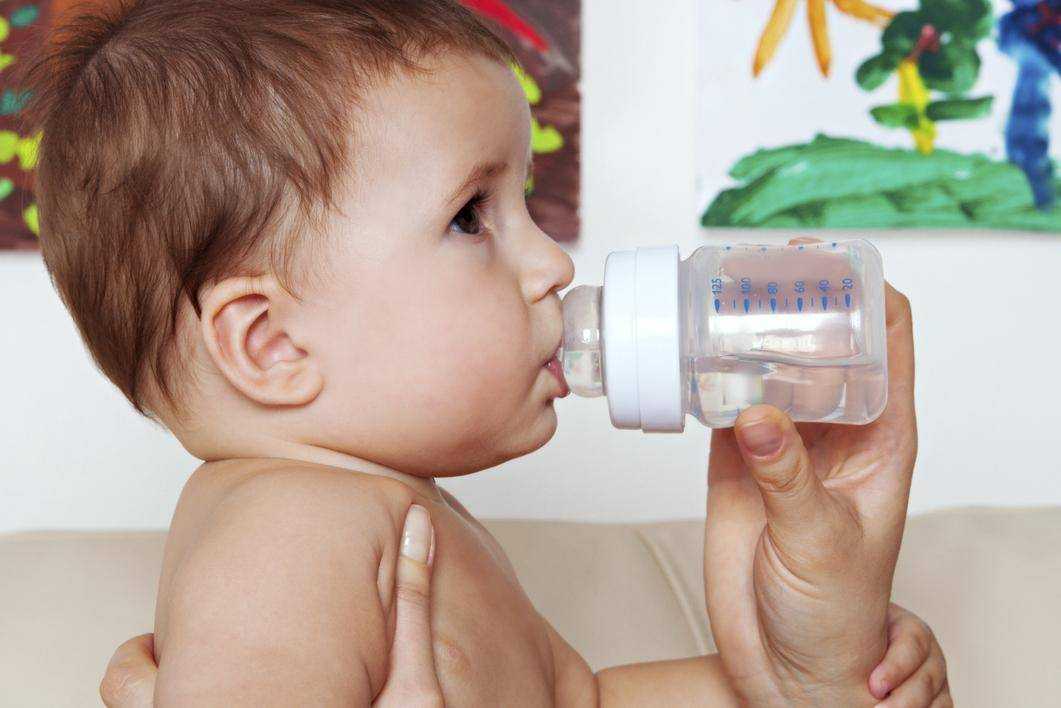 And also without water in the body, heat transfer processes are impossible. A child's need for fluid depends on age, type of nutrition (breastfeeding, formula milk, complementary foods), ambient temperature, physical activity and personal metabolic characteristics. nine0003
And also without water in the body, heat transfer processes are impossible. A child's need for fluid depends on age, type of nutrition (breastfeeding, formula milk, complementary foods), ambient temperature, physical activity and personal metabolic characteristics. nine0003
The total volume of fluid that a child should receive during the first year is 100–150 ml/kg of body weight per day. Up to 6 months, this figure is 80-130 ml / kg per day, after six months - 130-150 ml / kg, from 1-3 years - 100 ml / kg, after 3 years - 80 ml / kg per day.
Articles recommended reading:
-
Types of water filters and their characteristics
-
How to install a water filter - useful tips
-
How to drink water correctly: practical advice
To date, the World Health Organization (WHO) does not recommend giving additional fluids to children under six months of age if they are breastfed and do not have special medical indications.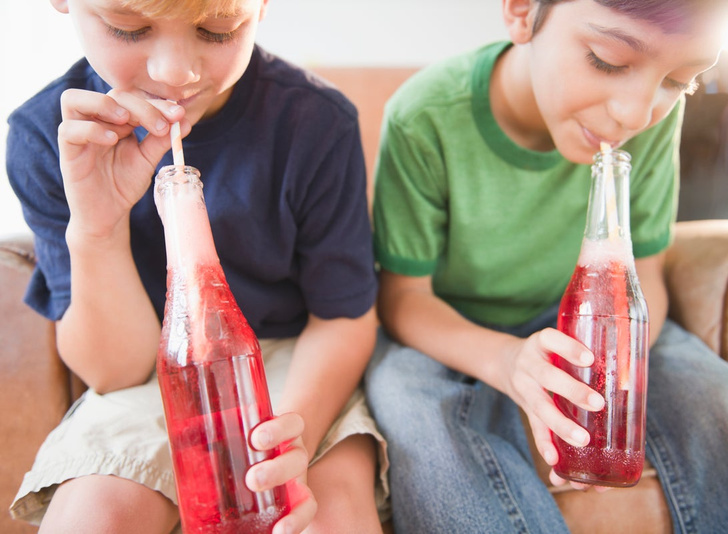 So, it turns out that only breast milk can be drunk by a month-old baby.
So, it turns out that only breast milk can be drunk by a month-old baby.
The reason for this is the fact that breast milk plays the role of both food and drink. "Forward" milk, that is, what is released at the beginning of feeding, is more liquid and is 87% water. Therefore, when thinking whether it is possible for children to drink only milk or whether they need to be supplemented, know that it satisfies the baby's need for liquid. Adding water to the diet before 6 months in this case may cause a reduction in milk consumption. The fact is that due to the receipt of water, the baby will have a false sense of fullness. The result will be malnutrition and weight loss. nine0003
When a child sucks little and inactively, after drinking water, this can cause a reduction in the production of milk by the mother's glands. A breast-fed baby should only be supplemented after you have gradually begun to use complementary foods.
For parents of babies on artificial or mixed feeding, the answer to the question of whether it is possible to additionally give the child a drink will be different.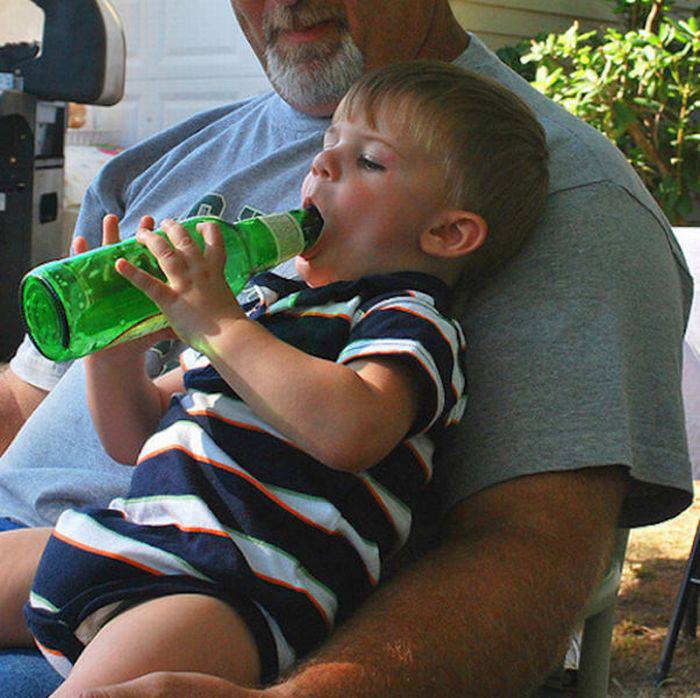 The fact is that the need for drinking water appears immediately after the introduction of milk formula into the diet. After all, it is a product that is difficult for digestion and without supplementation can cause problems with the gastrointestinal tract - cause constipation. nine0003
The fact is that the need for drinking water appears immediately after the introduction of milk formula into the diet. After all, it is a product that is difficult for digestion and without supplementation can cause problems with the gastrointestinal tract - cause constipation. nine0003
True, in some situations the child needs to drink, regardless of the food received. These include conditions that provoke pathological fluid loss: fever (body temperature rises above +38 ° C), vomiting, frequent loose stools, hot, dry weather (above +25 ° C). Since it is necessary to save the baby from dehydration, in the heat it is better to drink it at shorter intervals than usual. Breasts, on the other hand, can simply be applied to the chest more often.
nine0002 Drinking is recommended to be given in between feedings. If you do this earlier, as already mentioned, you can cause a false feeling of satiety. Drink the baby from a spoon, and when he grows up, accustom him to a drinking bowl, a non-spill cup.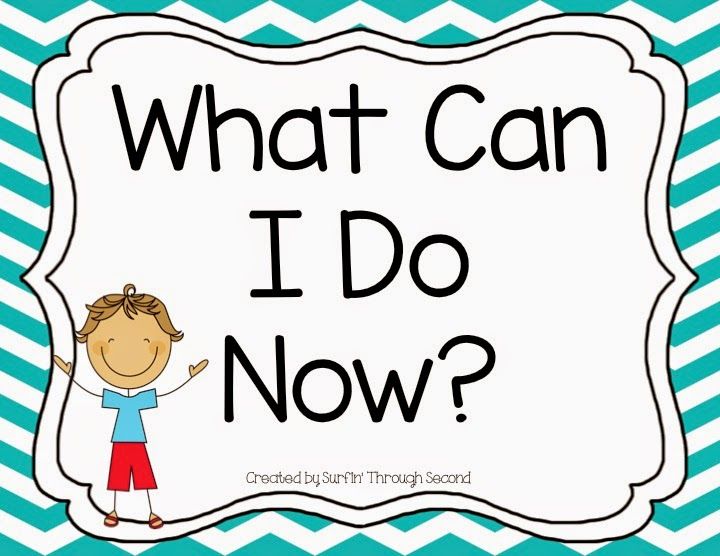 Such dishes are equipped with a special valve on the back of the lid, which prevents water from flowing out even if it is tilted over or strongly tilted.
Such dishes are equipped with a special valve on the back of the lid, which prevents water from flowing out even if it is tilted over or strongly tilted. When drinking from a spoon, the liquid immediately enters the child's mouth, it remains only to swallow it. The same principle works when drinking from a cup. Toddlers who have been taught to use a bottle, where they have to make sucking movements to get water, often find it difficult to move to a cup. nine0003
Choosing a drink for a child, especially for a very young one, is not an easy task. Every mom and dad want the baby to receive useful substances with the liquid. But you need to understand that there are drinks that are beneficial for adults, but at the same time harmful to children. We will figure out what liquids and at what age children can drink.
What can children drink up to a year
Boiled water, bottled
It is completely harmless to children. What can a child drink during the first year, for example, at 4 months? Additional liquids are not needed here, as we have already said. This issue is especially acute in the first 6-7 months, because at this time supplementation will negatively affect the production of mother's milk. Only in the heat or when the temperature rises, you can give the child a couple of teaspoons of water. nine0003
This issue is especially acute in the first 6-7 months, because at this time supplementation will negatively affect the production of mother's milk. Only in the heat or when the temperature rises, you can give the child a couple of teaspoons of water. nine0003
By the year when it is time to wean the baby, it is recommended to drink water more often - you can do this after meals. In this case, water must be boiled, although it is better to take special children's water, since tap and ordinary bottled water are not suitable for children due to the amount of substances contained.
Note! How to understand that the water is of high quality:
-
the bottle is tightly closed, the label is attached evenly; nine0003
-
the bodies that carried out the certification of water are registered, the sign, number are indicated;
-
if the water is of the highest category, the source, its location, depth, etc .;
-
on natural water, all indicators are in approximate volumes, if they are accurate, then useful elements are introduced at the factory.
nine0019
Herbal tea
Answering the question whether children can drink herbal tea, let's say that it is a harmless drug for a child. So, what herbs can children drink:
- 0-4 months. At this time, the baby is often tormented by colic, flatulence, dysbacteriosis. In such circumstances, you can give teas from fennel, dill seeds. A very young age cannot be considered a reason for refusing them. nine0028
- From 4 months:
-
chamomile can be drunk for children with colds, problems with the gastrointestinal tract, for example, again with colic;
-
linden and lemon balm can be used as a sedative when teeth are cut, with colds, flatulence;
-
raspberries and rose hips can be given to prevent colds, they can slightly lower the fever. nine0003
- From 7-8 months: wild berries will protect against colds or be suitable as a general tonic.

-
From 4 months old – apple, pear, apricot juice can be given.
-
From 5 months - juice of plums, pumpkins, carrots. nine0003
-
From 6 months - you can enter the juice of black currant, cherry, apple juice with pear, apricot, pumpkin.
-
From 7 months - strawberry, raspberry, citrus, exotic fruit juice.
-
The first place is occupied by milk. Scientists from McMaster University (USA) say that all children need a glass of milk a day to replenish micro and macro elements in order to cope with stress and adapt to external conditions more easily.
-
Second place - freshly squeezed pomegranate juice, cranberry juice.
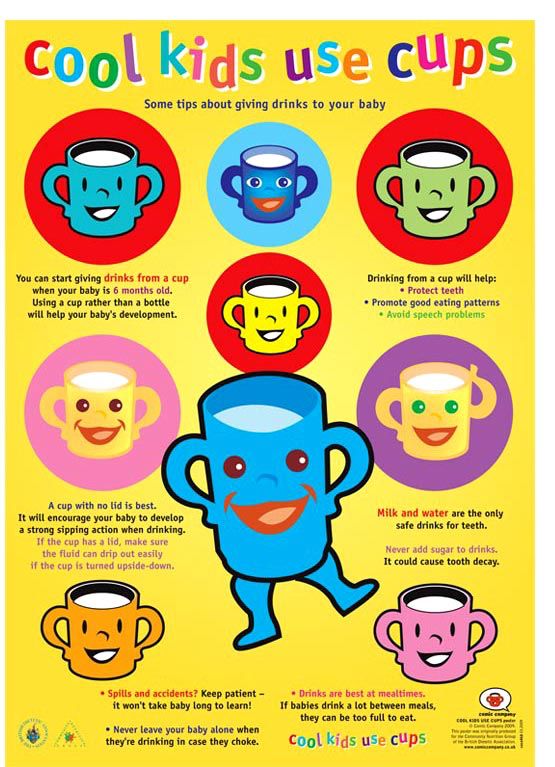 The first type of drink contains many vitamins, minerals, and has a positive effect on hemoglobin levels. But before drinking, it should be diluted with water or not so acidic juice. And cranberry juice, in addition to vitamins and minerals, is also rich in pectins, which rid the body of unnecessary substances. In addition, it has bactericidal properties, prevents caries, increases mental and physical performance. nine0003
The first type of drink contains many vitamins, minerals, and has a positive effect on hemoglobin levels. But before drinking, it should be diluted with water or not so acidic juice. And cranberry juice, in addition to vitamins and minerals, is also rich in pectins, which rid the body of unnecessary substances. In addition, it has bactericidal properties, prevents caries, increases mental and physical performance. nine0003 -
In third place are kefir and sour-milk drinks. The child needs the calcium they contain so that teeth and bones can grow normally. Also, these drinks normalize the intestinal microflora, which is useful for the digestive and immune systems.
-
connect the filtration system yourself;
-
understand the process of choosing water filters;
-
select replacement materials;
-
troubleshoot or solve problems with the involvement of specialist installers; nine0003
-
find answers to your questions over the phone.
- Why is drinking regimen important for a child? nine0016 How to drink a child?
- What can children drink?
- At what age can you give your child yogurt and kefir nine0019
- "Unchildish" drinks
- Homemade or purchased?
- How much to drink for children? nine0019
- Thermoregulation in a child is imperfect - the body quickly overheats;
- Toddlers move a lot and consume significantly more fluid than adults;
- Young children do not always recognize the feeling of thirst well and do not respond promptly to it; nine0019
- In the first few months of complementary feeding, the baby's digestive system needs extra fluid to digest new foods more efficiently;
- Drinking plenty of water is the best prevention of constipation, one of the most common childhood problems.

- Up to 6 months: 80 – 130 ml per kilogram of body weight
- 6 to 12 months: 130 – 150 ml/kg
- 1 to 3 years: 100 ml/kg
- After 3 years: 80 ml/kg
- Temperature above 38°C
- Vomiting
- Diarrhea
- Dry and hot weather
- Take 1.5 liters of water
- Separately take about 5 kg of cranberries.
- Wash the berries, squeeze the juice from them.
- Cake from berries pour water and bring to a boil.
- Boil for 7-10 minutes, then add the previously squeezed juice.
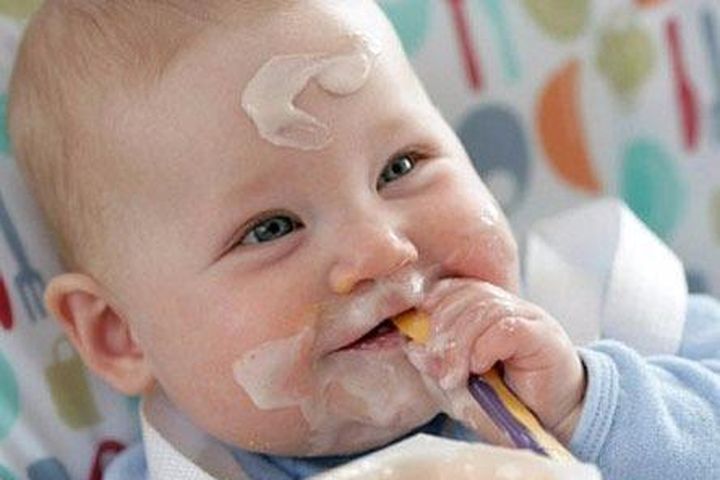
- Cool down. Useful juice is ready!
Note! Be sure to check that the package says "children's tea", these can be found in pharmacies, grocery stores. If you decide to make tea for your baby from your own prepared products, dilute it with water 1: 3! Only then can children drink such tea. nine0003
Natural juices
Another topical question: can children drink juice? First of all, natural clarified juice is added to the diet, when addiction is over, you can introduce juice with pulp, because it will bring more benefits.
Breastfed babies should not be given juices until 6-7 months of age.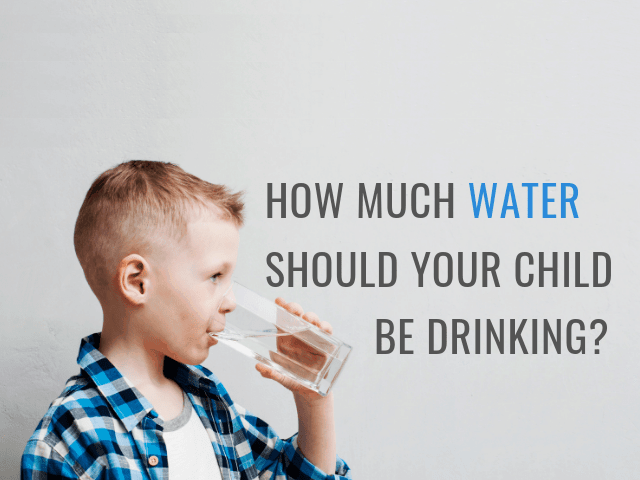 When a child is fed with mixtures, juices can be introduced from 4-5 months. But start with single fruit drinks. Multicomponent options are acceptable after getting used to single-component ones. Before giving your child a drink, dilute juices with water in a 1:1 ratio. nine0003
When a child is fed with mixtures, juices can be introduced from 4-5 months. But start with single fruit drinks. Multicomponent options are acceptable after getting used to single-component ones. Before giving your child a drink, dilute juices with water in a 1:1 ratio. nine0003
Nectars
Valid only from 6-7 months of age. They have a lower nutritional value than juices, and the composition uses sugar, water - for baby food it is better to choose them infrequently.
Fruit drinks and compotes
They include vitamins, microelements, and other necessary substances, but there are not as many of them as in juices - they are optional in the first year. True, these drinks can become an alternative when a child refuses juices and tea. So a child at 8 months old can drink cranberry, blackcurrant juice, compote from fresh berries or fruits. But sugar should not be added to them. nine0003
Closer to the year, let's cow's, goat's milk, kefir, drinking yogurt.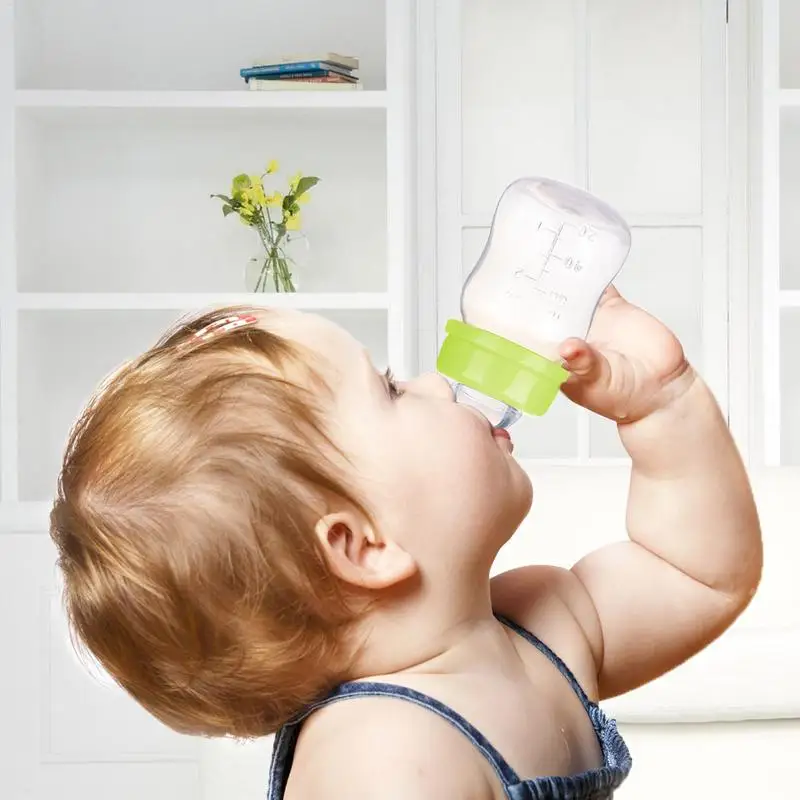
What can a child aged 1-3 years drink
When the baby is one year old, it is worth gradually adding to everything named:
1. Cow's milk.
This product contains more than 25 protein substances with strong allergenic properties, so experts do not recommend using cow's milk in the nutrition of children under this age. After that, the chances of developing allergies are reduced, and the child can be given to drink such a product. nine0003
There is more phosphorus in goat and cow milk than in breast milk, and this element increases the load on the kidneys, does not allow calcium and vitamin D to be absorbed normally. Also, milk of animal origin contains hormones and antibiotics added to food at the enterprise. In no case should they be ingested by children. Remember that an insufficient amount of iron, folic acid can cause anemia. And from the year the child's nutrition becomes diverse, the share of milk consumed is small relative to the total amount of food.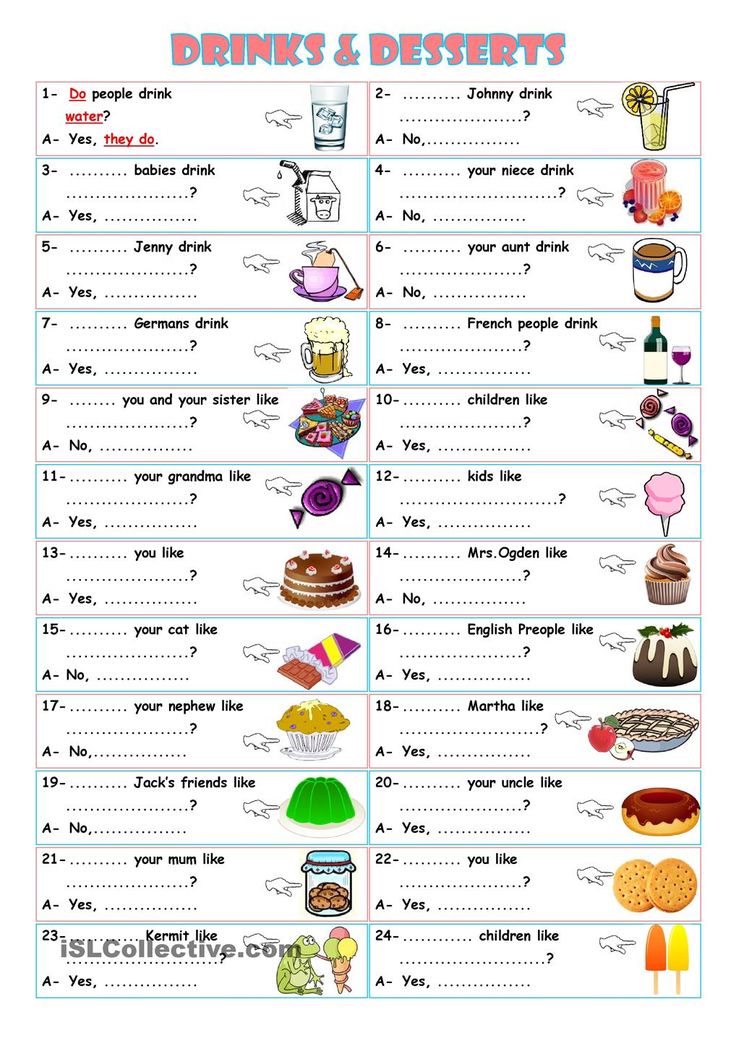 nine0003
nine0003
Interesting to know! Canadian scientists found that a child of any age needs two cups of milk. This amount is enough to replenish the supply of vitamin D and avoid anemia. The study involved 1.5 thousand babies from one to five years old.
2. Goat milk.
Goat's milk is unique in its composition, but most of the nutrients from it disappear during the boiling process. While raw goat's milk should not be given to drink to a small child, as it can be a carrier of serious infectious diseases. Because of this, it is not so easy to decide which milk is healthier after boiling: cow's or goat's. Try to give it to children only if it is not possible to buy a good mixture, and relatives have their own healthy goat. But then dilute the milk to about 2% fat. nine0003
3. Dairy products.
Try to give your baby kefir, drinking yogurt, it is better to cook it at home or buy a two-day one. That is, the answer to the question of whether children can drink kefir is positive - the plus of sour-milk drinks is that they are digested without problems and in a short time, suppress the vital activity of harmful bacteria.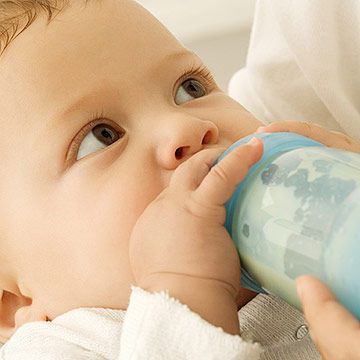 If the child is prone to dysbacteriosis, it is worth introducing them into the diet at about 8-9 months, although it is acceptable even earlier - from 6 months. So, Dr. Komarovsky advises using kefir as the first complementary food. nine0003
If the child is prone to dysbacteriosis, it is worth introducing them into the diet at about 8-9 months, although it is acceptable even earlier - from 6 months. So, Dr. Komarovsky advises using kefir as the first complementary food. nine0003
4. Kissel.
Here we are not talking about store-bought, powdered jelly, but about cooked at home from berries, jam, milk. You can start giving it when the child reaches the age of one. Kissel brings no less benefit than compote, which is associated with the products used in cooking. For children, a drink made from cranberries, blueberries, cherries, oats and milk is more suitable. Thanks to the use of sugar, starch, jelly is high-calorie, that is, it will be an excellent option for an underweight child. Kissel is a good remedy for gastritis, as it envelops the gastric mucosa. nine0003
5. Dried fruit compote.
From 1–1.5 years old, a baby can start drinking compotes from any dried fruit.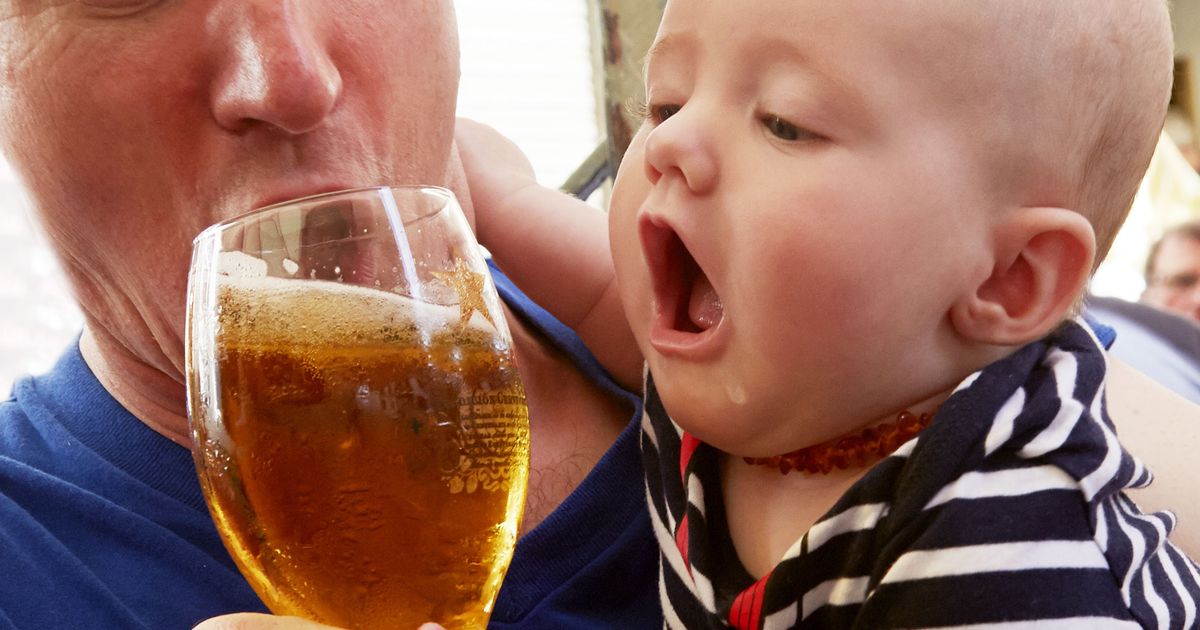 They will bring the greatest benefit in winter, during the absence of fresh juicy berries and fruits. Useful properties of this product depend on the fruits chosen for preparation.
They will bring the greatest benefit in winter, during the absence of fresh juicy berries and fruits. Useful properties of this product depend on the fruits chosen for preparation.
So, dried apricots and prunes strengthen, cleanse the body, the cardiovascular system, they are suitable as a prophylactic for constipation and anemia. Dates strengthen the immune system, are useful for tooth enamel. Raisins have a beneficial effect on the nervous and cardiovascular systems. Apples and pears, in addition to being saturated with vitamins, also remove toxins, heavy metals and other useless products. nine0003
It turns out, no matter what dried fruits you choose for compote, it is obvious that a child can drink it - it will definitely be useful. An important advantage of such drinks is the sweet taste, that is, there is no need to add sugar, the teeth will remain healthy.
Note! It is recommended to choose dried fruits for baby's nutrition not in the market by weight, but packaged in the store. In addition, they should be of a natural shade, without the addition of dyes. Well, if the bone was not removed during drying. nine0003
In addition, they should be of a natural shade, without the addition of dyes. Well, if the bone was not removed during drying. nine0003
6. Fruit drinks.
They can be given to drink up to a year if they do not cause negative consequences. However, experts advise introducing fruit drinks after two years. The reason is that they are prepared from non-thermally processed raw materials.
7. Cocoa.
Children without food allergies can drink cocoa once or twice a week from the age of 1.5–2 years. It is better for an allergic child to offer it carefully, only when he is three years old. This product is high-calorie, which means that it is not suitable for overweight children, especially obesity. nine0003
8. Coffee drink, chicory.
Chicory can be drunk to children from 1.5 years. But always look at the composition indicated on the package - there should not be natural coffee. There are coffee drinks based on barley, oats, wheat, rye, chestnuts.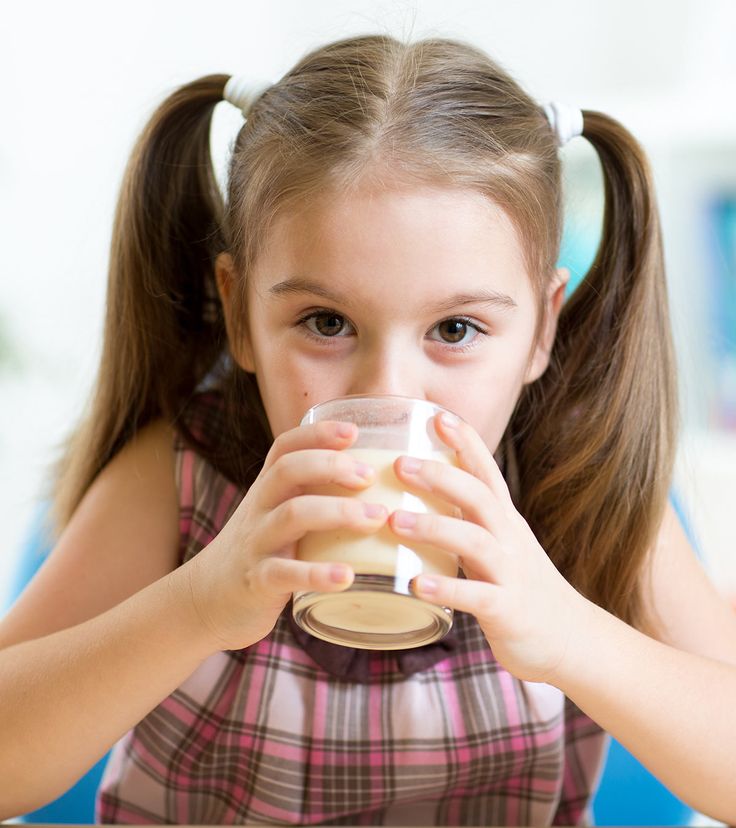 They do not have caffeine, but they are rich in trace elements, vitamins. Remember at what age children can drink coffee - only from three. And drinks made with milk or with its addition (preferably condensed) have a taste that children love very much. The substances contained here have a beneficial effect on the activity of the cardiovascular, digestive systems. Do not forget about this valuable product, because chicory is very useful for a child. nine0003
They do not have caffeine, but they are rich in trace elements, vitamins. Remember at what age children can drink coffee - only from three. And drinks made with milk or with its addition (preferably condensed) have a taste that children love very much. The substances contained here have a beneficial effect on the activity of the cardiovascular, digestive systems. Do not forget about this valuable product, because chicory is very useful for a child. nine0003
9. Boiled tap water.
Obviously, tap water does not contain all the necessary minerals, but since mom and dad decided to give this particular water, let's say that a child can drink it. But it is necessary to boil it first, let it cool, settle, then drain the top layer to avoid sediment.
A more reliable, modern version of water treatment is home filters for additional post-treatment. On the site https://biokit.ru/ it is easy to choose systems for any taste and means. To place an order, you can call 8 (800) 700-89-33 or leave a request on the site.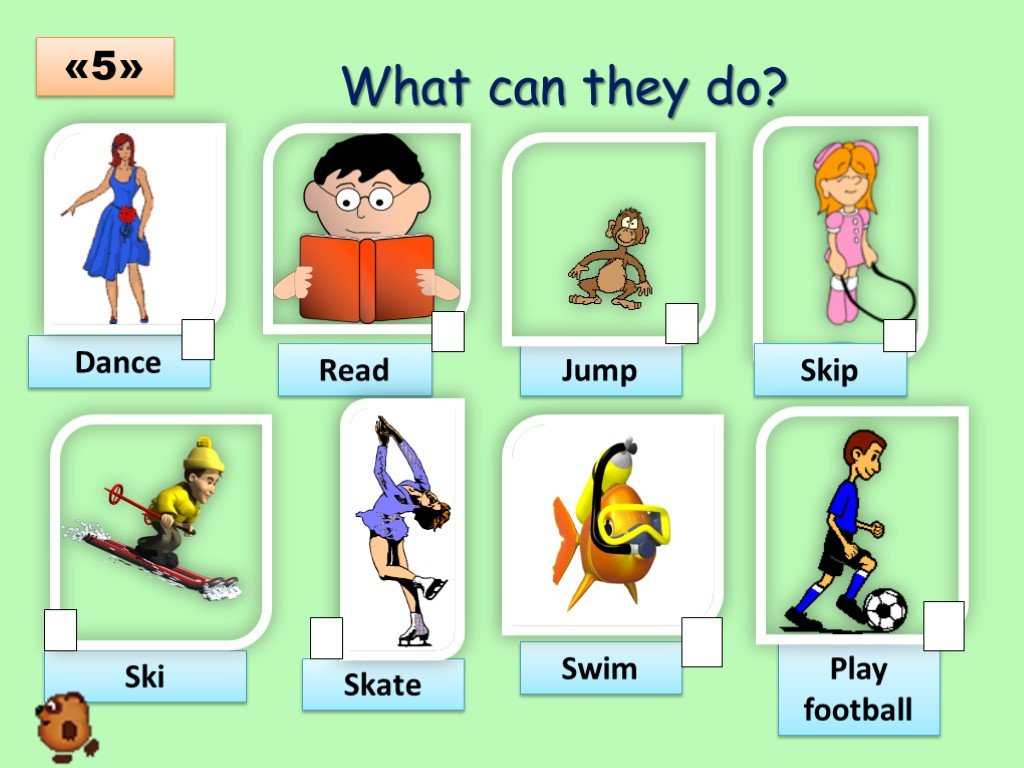 Do not save on your own health and the health of your child!
Do not save on your own health and the health of your child!
10. Birch sap.
It cannot be said that it is more useful than the juice of fruits and berries, but it is better than just water. It is permissible to give it to drink to all babies, including allergy sufferers. True, provided that the child is not allergic to birch pollen.
However, a complete ban will be the answer to the question: is it possible for children to drink kvass, carbonated drinks, coffee up to three years old. nine0003
What can you give a child to drink at the age of 3-6 years
When the child is three years old, it is permissible to introduce a number of drinks into the diet:
1. Hibiscus tea.
It is classified as an allergen, at a young age it is better not to get involved in it. The use of the drink is prohibited for children if they have gastritis, an ulcer, or a tendency to urolithiasis. Also note that due to acidity, it spoils tooth enamel.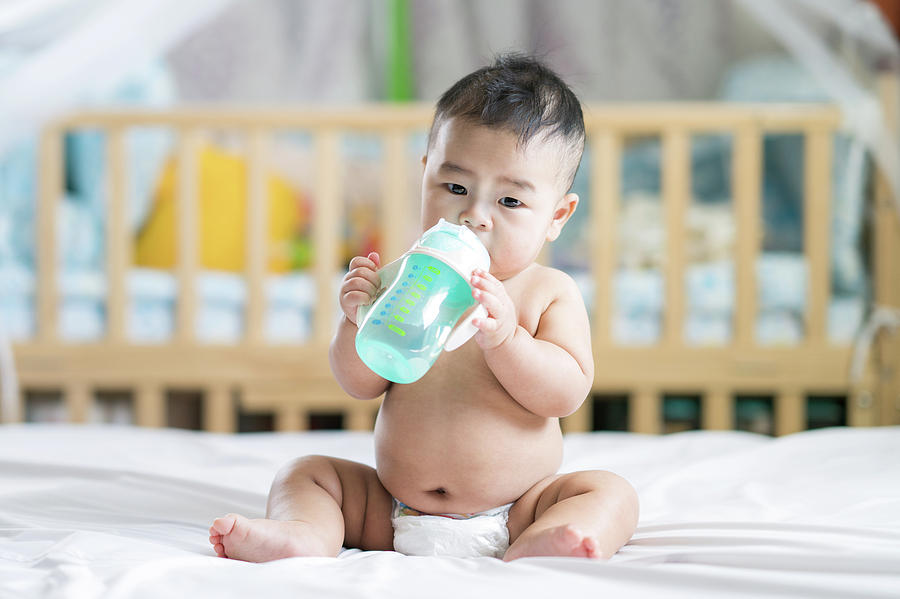 Even adults should limit their consumption of hibiscus to a maximum of three cups per day. The kid is better to give any other delicious tea. nine0003
Even adults should limit their consumption of hibiscus to a maximum of three cups per day. The kid is better to give any other delicious tea. nine0003
2. Shop juices.
Now the child can be offered juices that are not intended exclusively for baby food.
3. Carbonated drinks, bottled kvass.
From the age of three, experts admit that a child can drink carbonated drinks: kvass, lemonade, fanta. But you need to understand that the maximum volume is limited to one glass per day, and it is worth giving infrequently. The fact is that the composition of these liquids includes food additives, "identical to natural" dyes, flavors, carbon dioxide, benzene, acids. They contain a lot of sugar, which, thanks to the gas, spreads faster throughout the body, increases the immediate load on the pancreas. All this can have a negative impact on health, provoke an allergic reaction, caries. nine0003
The listed products are not able to quench thirst, rather, on the contrary, they provoke it. Some companies, in an effort to reduce calories, replace sugar with other substances: xylitol, sorbitol, saccharin. The first provokes the formation of kidney stones, the second worsens visual acuity over time, the latter belongs to the category of carcinogens.
Some companies, in an effort to reduce calories, replace sugar with other substances: xylitol, sorbitol, saccharin. The first provokes the formation of kidney stones, the second worsens visual acuity over time, the latter belongs to the category of carcinogens.
We also emphasize that gas hinders the processes in the intestines, causes belching, bloating, provokes gastritis. In addition, harmful substances enter the liquid from plastic bottles. And kvass from barrels, which you can buy right on the street, in principle, should not be given to a child, since the barrels are in direct sunlight all day long, they get very hot, and it’s hard to say who, when and with what washes them afterwards. nine0003
4. Oxygen cocktail.
Good for tired kids - one glass is comparable to a walk in the fresh air. Also, the cocktail is suitable for children with chronic diseases, young athletes, residents of the northern regions. But you need to consider that it causes flatulence.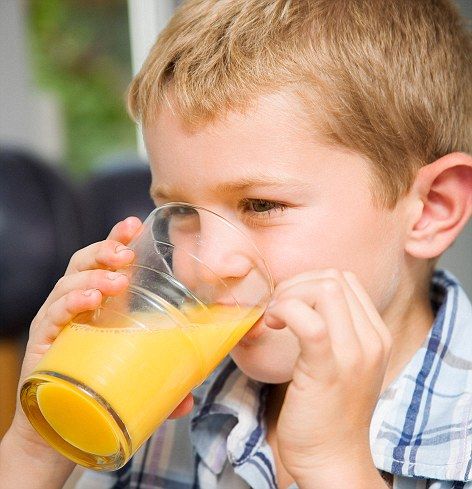
5. Milkshakes.
Note that once or twice a week, a child can drink milkshakes. Such frames are associated with a high content of sugar and fat. nine0003
Interesting to know! An experiment by scientists from the National Institutes of Health in the United States showed that chocolate milkshakes affect the pleasure center in the brain of schoolchildren in a way that causes addiction, akin to drugs.
6. Black and green tea.
Any tea - green, white, black, yellow - contains caffeine, which is completely unnecessary for the children's body. It excites the nervous system, causes sleep problems, nightmares, and rapid fatigue. True, there is no reason to completely abandon it. Children can drink non-concentrated tea in the morning. nine0003
But we must remember that this drink is characterized by a diuretic effect, when drinking it in large volumes, minerals can be washed out of the body. Do not give your child tea bags, with the addition of fruits, flowers, flavors - it will not be useful. Brew loose loose leaf tea for children and remember that with milk the effect of caffeine on the body will be lower.
Brew loose loose leaf tea for children and remember that with milk the effect of caffeine on the body will be lower.
7. Honey drinks.
Honey is undoubtedly a valuable, useful product, it strengthens the immune system, calms the nervous system. True, it is a source of allergies, which means that at 3-6 years old you can only put a spoonful of this sweet product in tea, and drinks containing honey are permissible only after 6 years and during the SARS season. nine0003
8. Mineral water.
Choose table mineral water for drinking, as the doctor prescribes healing water only in case of specific diseases. Remove gas bubbles from soda water so your baby can drink it. To do this, put it on a fire for a couple of minutes, or do not close the bottle for several hours.
9. Spring water.
It is better to take water from trusted sources. When a child reaches three years old, he can drink water without boiling.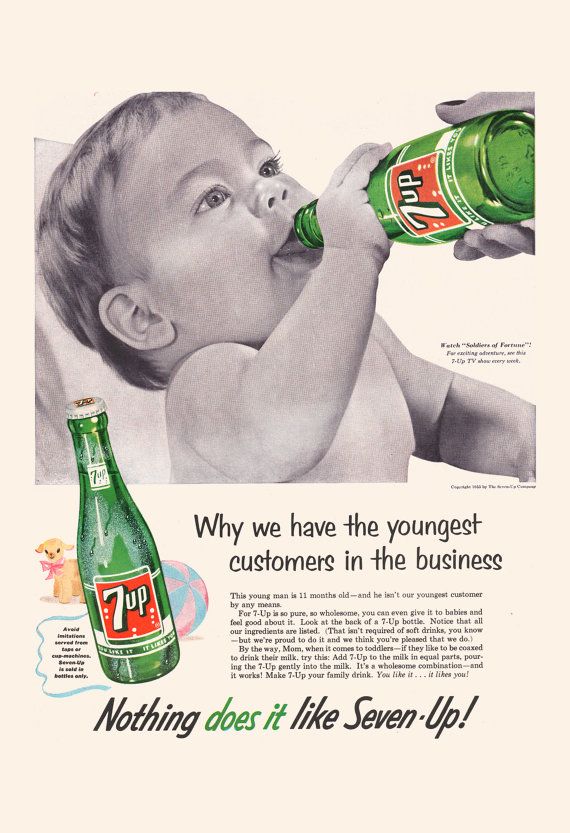 nine0003
nine0003
10. Cucumber pickle.
When a child likes this drink, you can give it to drink, but not much, because there is a high content of salt, which provokes thirst. The brine also has a side effect - a slight laxative effect, flatulence, which is also characteristic of fresh vegetables.
11. Hot chocolate.
Allowed only from 5-6 years. It causes allergies more often than cocoa, in connection with this, they begin to give it to drink later. nine0003
Interesting to know! Russian pediatricians have compiled a list of drinks that are most useful for children under six years of age.
Note! In the West, each person consumes 15–30 kg of yogurt per year, while we have only 2.5 kg per person.
nine0005 Can children drink coffee, energy drinks and alcoholThere are a number of drinks that should not be offered to children. This list includes:
1. Coffee.
Coffee.
Do not give it to a child to drink because of the large amount of caffeine. The latter is harmful to the young organism, excites the nervous system, provokes fatigue, exhaustion, overloads the cardiac system. If we talk about the age at which children can drink coffee, then it is better to start giving it at school age in order to diversify the taste in the morning. Daily use of this drink is best avoided until the age of 18. nine0003
2. Coffee 3 in 1.
This drink carries even less benefits than regular coffee. The reason is that milk proteins combined with coffee tannin are poorly digested. It has also been proven that oncological diseases of the digestive tract occur more often in connoisseurs of coffee with milk than in those who drink them separately.
3. Homemade bread kvass.
Answering the question: is it possible for children to drink kvass, let's say that it's better not to. Although this drink has many useful properties, it is not suitable for baby food.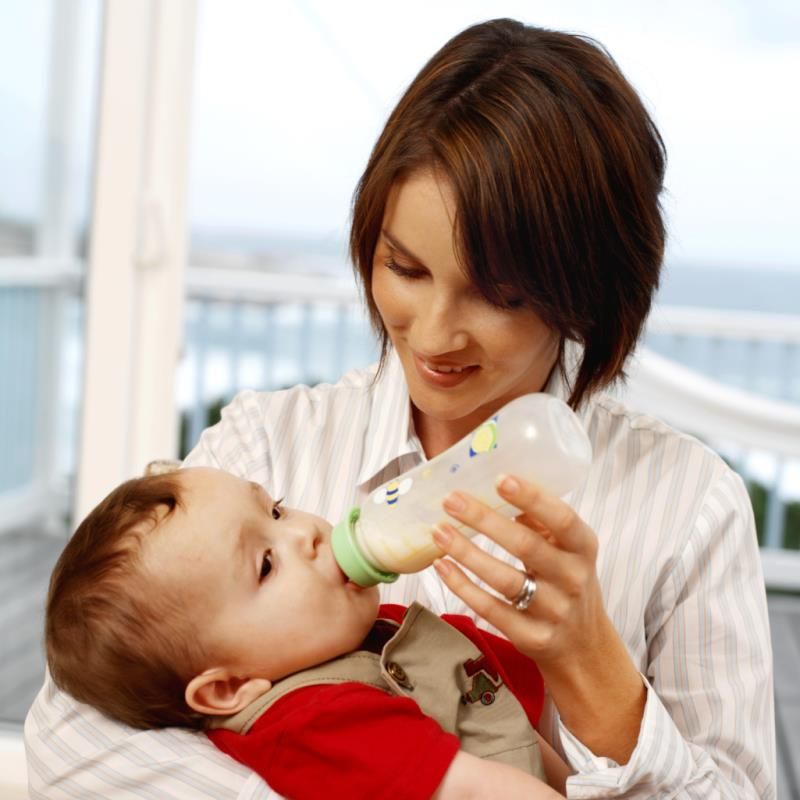 Any kvass contains a small amount of alcohol, and gas impairs the activity of the intestines and stomach. nine0003
Any kvass contains a small amount of alcohol, and gas impairs the activity of the intestines and stomach. nine0003
4. Energy drinks.
It is dangerous to think that children can drink energy drinks. In addition to caffeine, such drinks include stimulants, that is, guarana, aminoethanesulfonic acid, strong dyes and other non-harmful substances. Their use can provoke serious problems of the cardiovascular, nervous systems. The American Academy of Pediatrics bans energy drinks for all children, including teenagers, as well as other caffeinated sugary drinks. nine0003
5. Alcoholic beverages.
Question: is it possible for children to drink beer or other alcoholic beverages, in principle, it is not worth it - of course not. Of course, it does not apply to talking about babies, but today many teenagers have already tried alcohol. It is better for the parents themselves to offer the child a low-alcohol cocktail or dry wine: this way you can suppress the desire to try such drinks secretly or even cause disgust for them.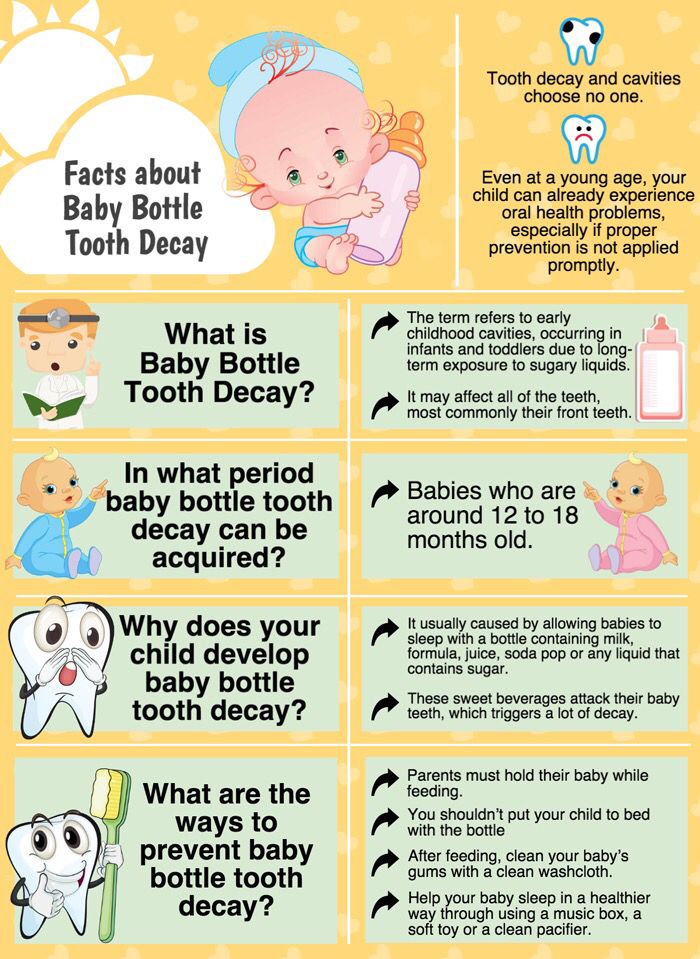
Remember: important is not only what a child can drink, but what is better not to give. Since even the best fruit juice, milk in excessive amounts can harm a young body, while 70 ml of kvass or coffee with milk once a week in a cozy children's cafe does not bring anything bad. nine0003
Giving your child drinks in reasonable amounts, at the right time of day, preferring only healthy options, but allowing you to try bad ones, you will help your baby understand where there is a benefit and where not, so he can appreciate the taste of natural products.
How much can a child drink in the heat
Water is necessary to maintain almost all stages of the body's life, it dissolves and removes unnecessary, waste, harmful substances, helps to reduce the amount of food consumed, and prevents constipation.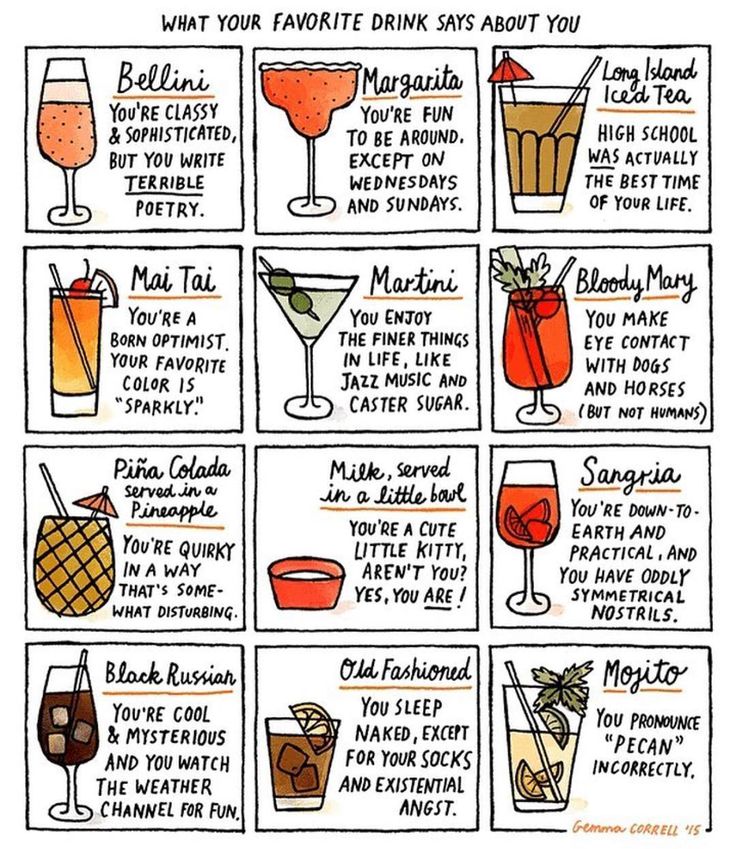 nine0003
nine0003
Particular attention should be paid to the drinking regime in the heat, then the child sweats, loses moisture. Keep in mind that the supply of fluid at a young age is spent in less time, because water metabolism is faster than in adults. Babies have not yet stabilized the thermoregulation system, which is why they often overheat. In hot weather, monitor the condition of the child to avoid possible dehydration, try to water him more often, even if he does not ask.
How much water is required per day? Unfortunately for parents who love clarity, there are no hard and fast rules. An adult needs 2.3-2.7 liters of fluid per day, and only a liter of this volume falls on water, all the rest is liquid from food. Up to seven years, 1.2–1.5 liters are needed, but, again, this is only an approximate indicator. The amount of water can vary seasonally, due to weather, diet, activity. nine0003
Do not try to torment the child, forcing him to drink water "according to the norms", let him drink as much as he wants.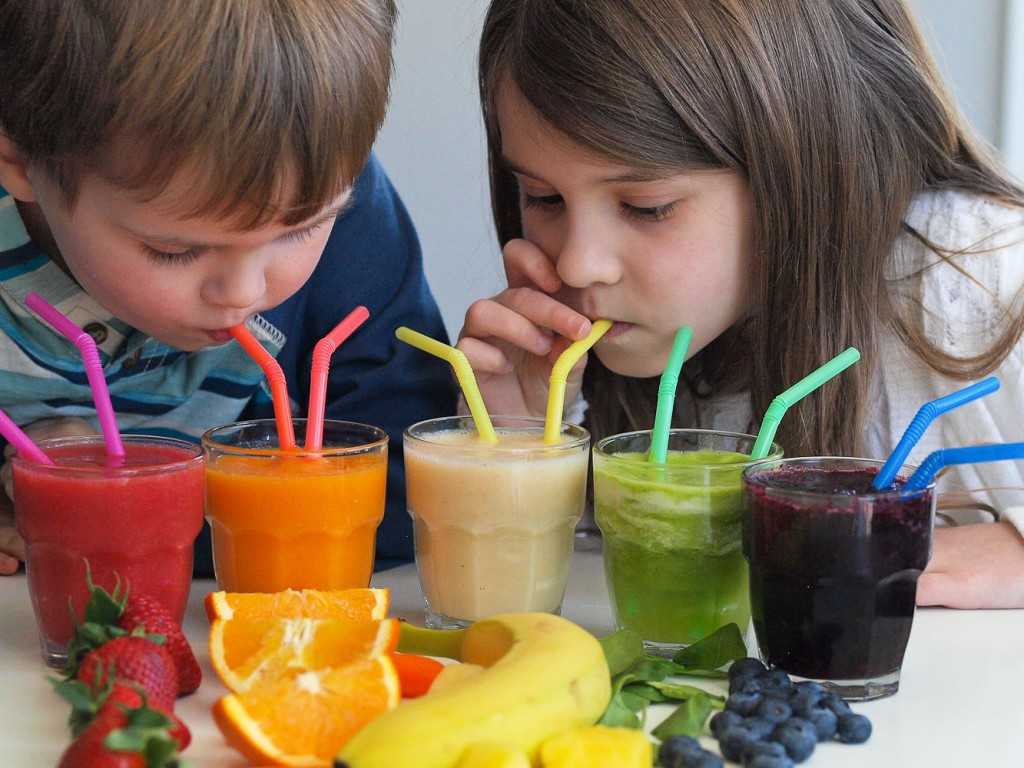 In the warm season, the ability of water to influence body temperature becomes important, that is, to resist overheating and all possible consequences. In warm weather, the body releases 2.5 liters per day, and in hot weather this figure rises almost five times. This volume is achieved through sweat. At the same time, the blood thickens quickly, which provokes a feeling of thirst. In the first years, children, being carried away by the game, may not pay attention to thirst - from time to time they should be offered something to drink: water, juices or eat juicy fruit. nine0003
In the warm season, the ability of water to influence body temperature becomes important, that is, to resist overheating and all possible consequences. In warm weather, the body releases 2.5 liters per day, and in hot weather this figure rises almost five times. This volume is achieved through sweat. At the same time, the blood thickens quickly, which provokes a feeling of thirst. In the first years, children, being carried away by the game, may not pay attention to thirst - from time to time they should be offered something to drink: water, juices or eat juicy fruit. nine0003
Key signs of excessive fluid loss (dehydration) include:
To avoid dehydration, a breastfed baby should be breastfed more frequently. It is better for “artificial” babies to give drinks such as ordinary drinking water at room temperature, non-carbonated mineral water, unsweetened children's tea every 15-20 minutes - everything that a child can drink, for example, at 6 months.
According to nutritionists, plain water is more suitable for children to get rid of thirst.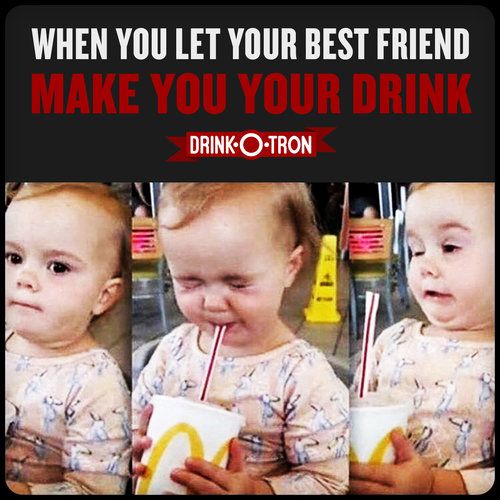 But, of course, it must be taken environmentally friendly, for example, spring water would be a good option. True, both species today have become a rarity. nine0003
But, of course, it must be taken environmentally friendly, for example, spring water would be a good option. True, both species today have become a rarity. nine0003
But what if all you have on hand is tap water? Can I give it to drink while feeding a child? Let's start with the fact that you can not drink hot tap water. After all, it may contain lead, because at a certain degree of acidity of the water, this metal is washed out of the pipes, provoking poisoning, and babies suffer the most from it. If the house is equipped with copper pipes, their joints can also be made with lead, which pollutes the liquid.
Next, you need to remove all harmful impurities through home filters, such as chlorine. This is really important, since excessive chlorination contributes to the formation of substances of the trihalomethane group in water. The latter, under certain conditions, cause the formation of cancerous tumors. You can find a water treatment system that suits you on the website http://biokit.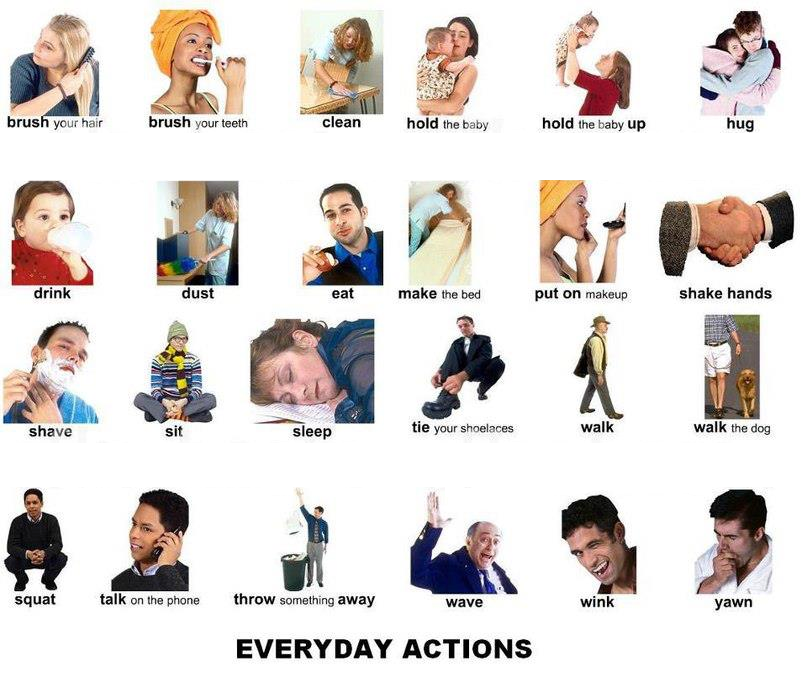 ru/. After all, pure water gives strength, health. nine0003
ru/. After all, pure water gives strength, health. nine0003
Recall that if a child at 5 months old can only be given water to drink, then older children can use non-carbonated mineral water, diluted juice, compote, and children's kefir. Drinks should be unsweetened, since drinks containing sugar do little to fight thirst, therefore, the baby will quickly want to drink again. In addition, we must not forget that cold drinks are prohibited in the heat, because a sharp temperature difference can easily provoke a cold. Therefore, it is better to choose liquids at room temperature or slightly chilled. nine0003
It is incredibly important to follow the drinking regimen of the child, since water and various liquids make up an important part of his daily diet. Improper drinking regimen can cause a violation of the water and electrolyte balance, constipation, and improper functioning of the gastrointestinal tract.
Our company Biokit offers a wide range of reverse osmosis systems, water filters and other equipment that can return tap water to its natural characteristics.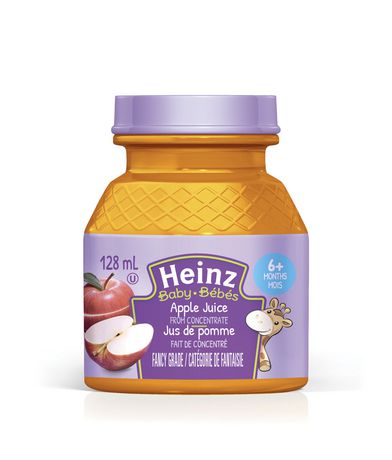 nine0003
nine0003
Our specialists are ready to help you:
Entrust water purification systems from Biokit - let your family be healthy!
Next:
Comparison of basic backfills / loads for "iron removal"
Comparison of basic backfills / loads for iron removal
Read more nine0003
Drinks for children from 6 months to 4 years old - how and what to give a child to drink
05/29/2018
≈ 4 min read time
Content
How much liquid should a child drink per day, how to give a drink to a baby, what drinks are suitable for children?
Maintaining the correct balance of fluids in the baby's body is a task no less important and responsible than observing sleep and nutrition. Indeed, the work of the digestive system, hematopoiesis, heat transfer and other vital processes directly depend on how much we drink. However, there is a significant nuance: a child under six months of age who is breastfed does not need any additional drinks. Moreover, if you start to supplement the crumbs ahead of time, this can lead to problems with weight gain in the baby and a deterioration in the production of milk in the mother. nine0003
Indeed, the work of the digestive system, hematopoiesis, heat transfer and other vital processes directly depend on how much we drink. However, there is a significant nuance: a child under six months of age who is breastfed does not need any additional drinks. Moreover, if you start to supplement the crumbs ahead of time, this can lead to problems with weight gain in the baby and a deterioration in the production of milk in the mother. nine0003
Thus, it is enough for a child up to six months to breastfeed on demand, but older babies need additional fluid. Here is why proper drinking regimen is so important for young children:
How much fluid a child needs per day (WHO guidelines)
How to form good eating habits
Natalia Kruglova
Nutritionist, nutritionist, pediatrician
Child nutrition nine0047 The Basics of Healthy Eating The first drinks should appear in the life of the baby at the same time as the start of complementary foods. There are several ways to give your child water: a spoon is ideal for the smallest, and when the child is a little older, he can be offered a special children's non-spill mug. But pediatricians are wary of drinking from a bottle: in an infant, this can provoke a rejection of their mother's breasts, and subsequently it is more difficult to teach such children to drink from a cup. A grown-up baby (after about 2 years) can buy a beautiful “sports” drinking bottle. nine0003
But pediatricians are wary of drinking from a bottle: in an infant, this can provoke a rejection of their mother's breasts, and subsequently it is more difficult to teach such children to drink from a cup. A grown-up baby (after about 2 years) can buy a beautiful “sports” drinking bottle. nine0003
When your baby needs extra fluid
Water
Immunity in babies is formed gradually - in the first months of life, his tiny body is especially vulnerable to microbes and harmful substances. That is why it is best to start your child's acquaintance with drinks with clean water at room temperature. nine0003
The easiest way is to use purchased water - but keep in mind that the same water that you drink is not suitable for the baby. Look for bottles marked “baby”: this means that the water has passed all the necessary degrees of purification and has a low level of mineralization (an abundance of minerals harms the baby’s delicate kidneys).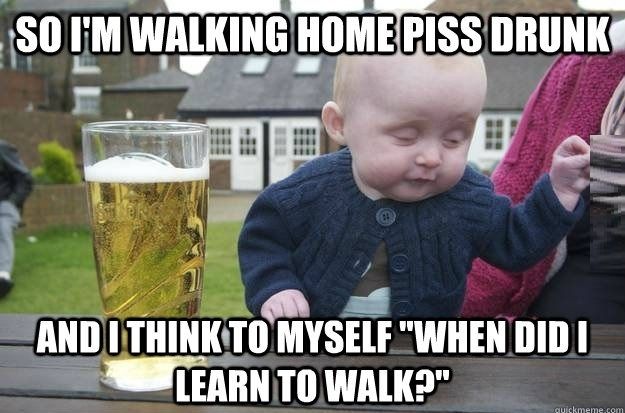 In extreme cases, you can also use boiled tap water, but only filtered: your baby definitely does not need bleach and salts of heavy metals.
In extreme cases, you can also use boiled tap water, but only filtered: your baby definitely does not need bleach and salts of heavy metals.
Children's teas
Children's teas for formula-fed babies are recommended to be given starting from 4 to 5 months, and for babies - not earlier than six months. They are sold in stores and pharmacies and are special herbal and fruit and berry preparations. Such teas are not only rich in all possible vitamins, but also able to solve a lot of problems, from bloating to poor sleep. The main thing is to carefully read the labels, follow the instructions for brewing, do not add sugar to the drink and do not abuse fragrant broths. nine0003
Weakly brewed and diluted with milk "adult" teas can be given to a child only after 2 years. The fact is that the tea leaf contains substances that load the heart and nervous system.
Juices
Despite the fact that juices are considered the richest source of vitamins, they should be introduced into the child's menu with great care and not earlier than 8 months.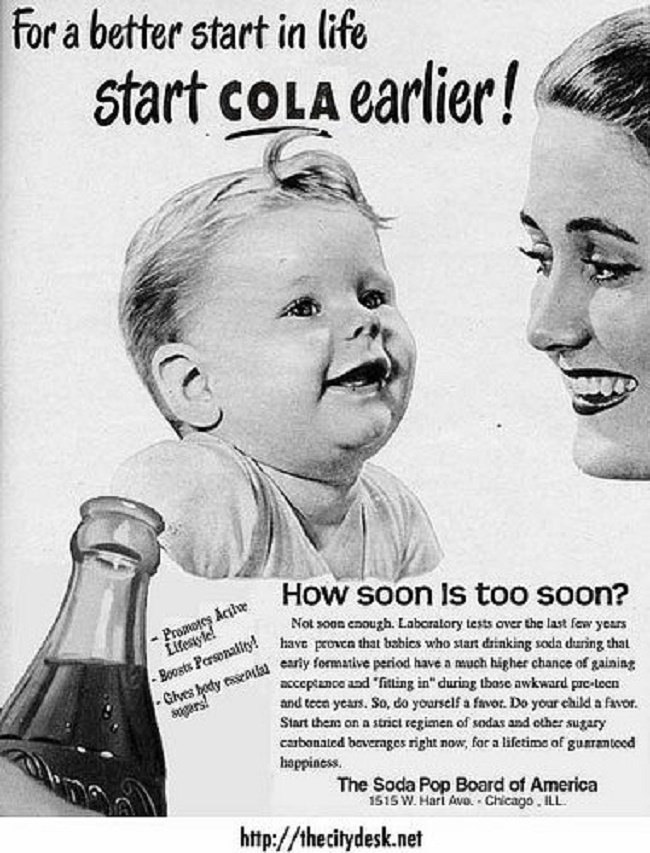 The thing is that they contain many allergens, and the delicate body of the baby should get acquainted with new drinks gradually. nine0003
The thing is that they contain many allergens, and the delicate body of the baby should get acquainted with new drinks gradually. nine0003
You need to start with clarified juices, and from 10 to 11 months, the child can be offered juices with pulp. As with the introduction of complementary foods, at first preference should be given to single-component drinks (that is, from one fruit): this is done in order to exclude a specific product from the baby's menu in case of an allergic reaction.
The first portion of juice should be very small - just a few drops. Then, every day, increasing the dose by half a teaspoon, after a week you need to bring it to 30 ml (6 teaspoons). And by the end of the first year of life, the baby can safely drink 100-120 ml of drink per day. At the same time, for children under 3 years old, it is better to dilute the juice with water in a ratio of 1: 1. nine0003
There is also an optimal sequence of fruits for a baby: you should start with a green apple (it has the least allergens, but a lot of iron), then you can consistently give the baby to try pear, peach, apricot and plum juices. But it is better to postpone acquaintance with exotic fruits, strawberries, grapes and citrus fruits until the child is 1.5 years old.
But it is better to postpone acquaintance with exotic fruits, strawberries, grapes and citrus fruits until the child is 1.5 years old.
Despite the fact that pediatricians do not advise giving whole milk to children under one year old, this rule does not apply to fermented milk products. WHO allows the introduction of yogurt and kefir to children who are 8 months old. This rule does not apply to whole milk, it is recommended to introduce it to babies from the age of 1 year. The daily portion of these products for a baby of the first year of life should not exceed 200 ml. nine0003
When choosing children's drinking yogurt, it is extremely important to pay attention to its composition: milk powder, preservatives, dyes and flavors are prohibited. As for kefir, it should not even contain fruit additives (they neutralize beneficial bacteria), and, contrary to popular belief, it should not be heated - kefir for a child should be at room temperature.
Compotes, fruit drinks, jelly
As your baby grows, so does his diet.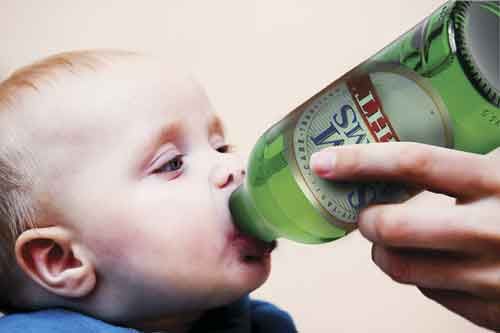 After the baby celebrates his first birthday, he can be pampered with compotes, fruit drinks and jelly. As in the case of juices, you should start with small portions (up to 10 ml) of monocomponent drinks - that is, made from a single fruit. And if the acquaintance is successful, you can move on to more complex drinks. nine0003
After the baby celebrates his first birthday, he can be pampered with compotes, fruit drinks and jelly. As in the case of juices, you should start with small portions (up to 10 ml) of monocomponent drinks - that is, made from a single fruit. And if the acquaintance is successful, you can move on to more complex drinks. nine0003
It is best to start with compotes from hypoallergenic apples, pears, plums and dried fruits. If the baby will like a new delicacy, after a while you can offer him berry fruit drinks and jelly. Give preference to drinks from proven manufacturers of children's food, and keep industrial fruit drinks and jelly that you drink yourself away from children at least up to 4-5 years.
Recipe for cranberry juice for children:
Milk and milkshakes
At what age can cow's milk be given to a child? Despite the fact that milk is considered almost the most important children's product, it is worth introducing it into the crumbs' diet with great care. Pediatricians recommend introducing milk into the diet at 6-9months, using as a basis for cooking. Whole milk can be given to a child from 9-24 months, depending on the development of the gastrointestinal tract in each child individually. The thing is that the vitamins and minerals contained in whole milk are poorly absorbed by babies, and lactose often causes allergic reactions.
One of the favorite treats for children, milkshakes in a variety of flavors, should be offered in a standard way: choose only products from baby food manufacturers and increase the amount gradually. Such drinks are suitable for children after a year and a half. nine0003
There are drinks that children can do without, but sooner or later they get to know each other. And a responsible parent needs to be prepared for this.
As mentioned above, tea can appear on the child's menu not earlier than 2 years, and then on condition that it is weakly brewed and diluted with milk. Cocoa, which all children adore, is allowed from 3 years old. And no matter how much you want to pamper your baby, remember: this drink should not be given more than three times a week. nine0003
Under an absolute ban is coffee: it will be possible for a child to try it only in adolescence. As for sweet soda, you need to remember: it contains a shock dose of sugar and dyes, so the baby does not need to get acquainted with the “magic bubbles” at all.
Many mothers are convinced that there is nothing better for a baby than drinks made at home, and only lazy people buy ready-made juices and dairy products, but this is not so. It is impossible to be sure that fruits and berries for compote do not contain nitrates and pesticides, and tap water is devoid of harmful impurities. Baby food products from reliable and well-established brands, such as Agusha, go through many checks before they reach the store shelf, so there is no doubt about their quality. nine0003
The technological aspect is also important: homemade juices are not sufficiently purified from the pulp and are very concentrated, and therefore can cause increased gas formation in the baby. And the clarified juices of industrial production guarantee the absence of such problems.
It is easy to understand that your child drinks too little: lack of fluid is expressed in lethargy, drowsiness, dry mucous membranes and a decrease in the number of urination (less than 6 times a day). However, you should beware not only dehydration, but also too much drinking: it can lead to a violation of the water-salt balance in the body and leaching of nutrients. Therefore, carefully monitor the well-being of your baby and try to ensure that not only his food, but also his drinking regimen is regular and varied.
